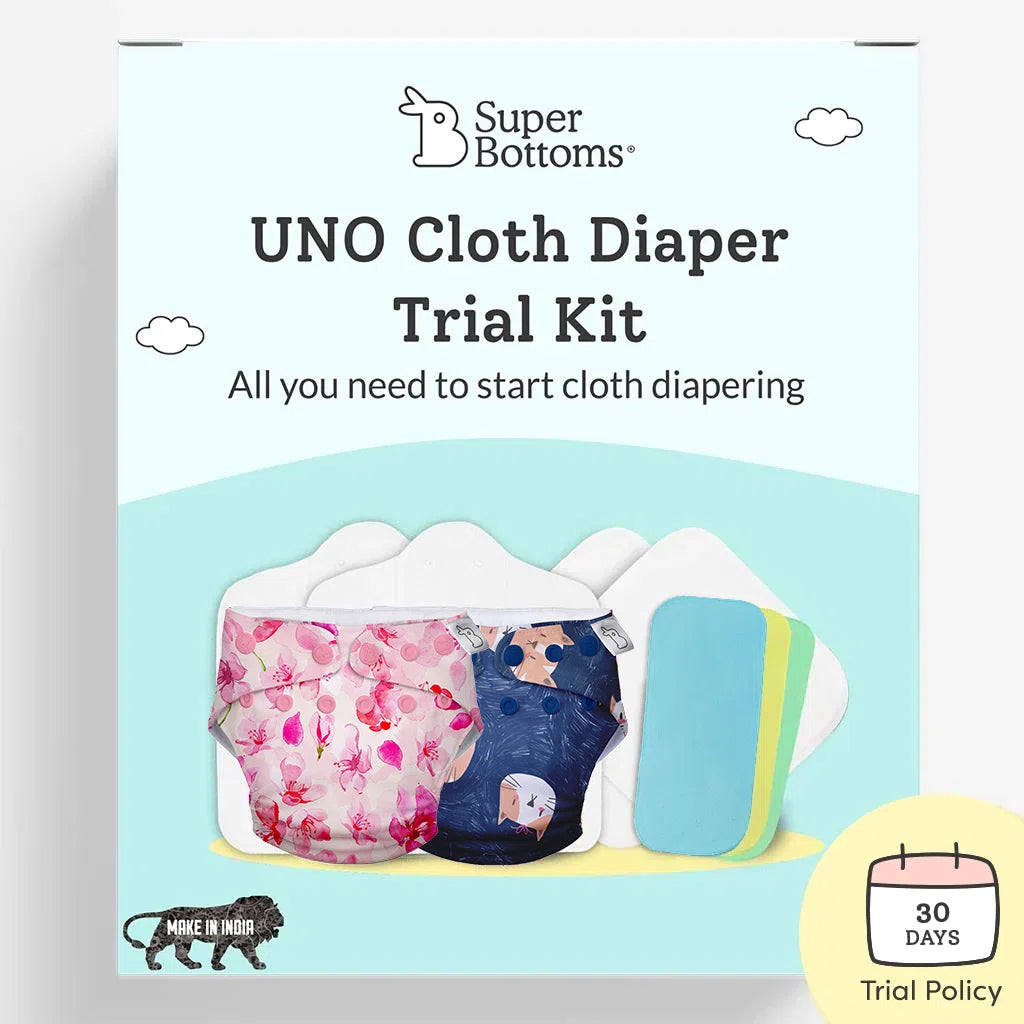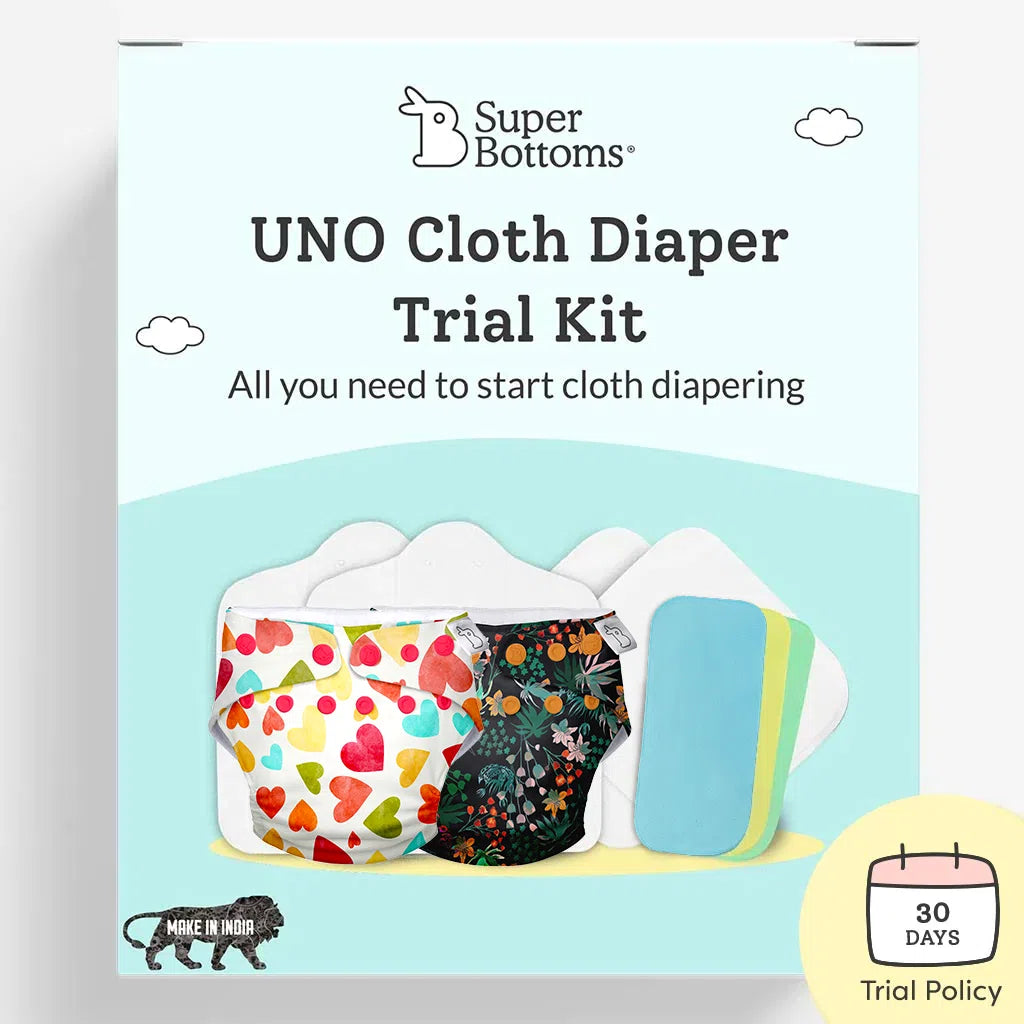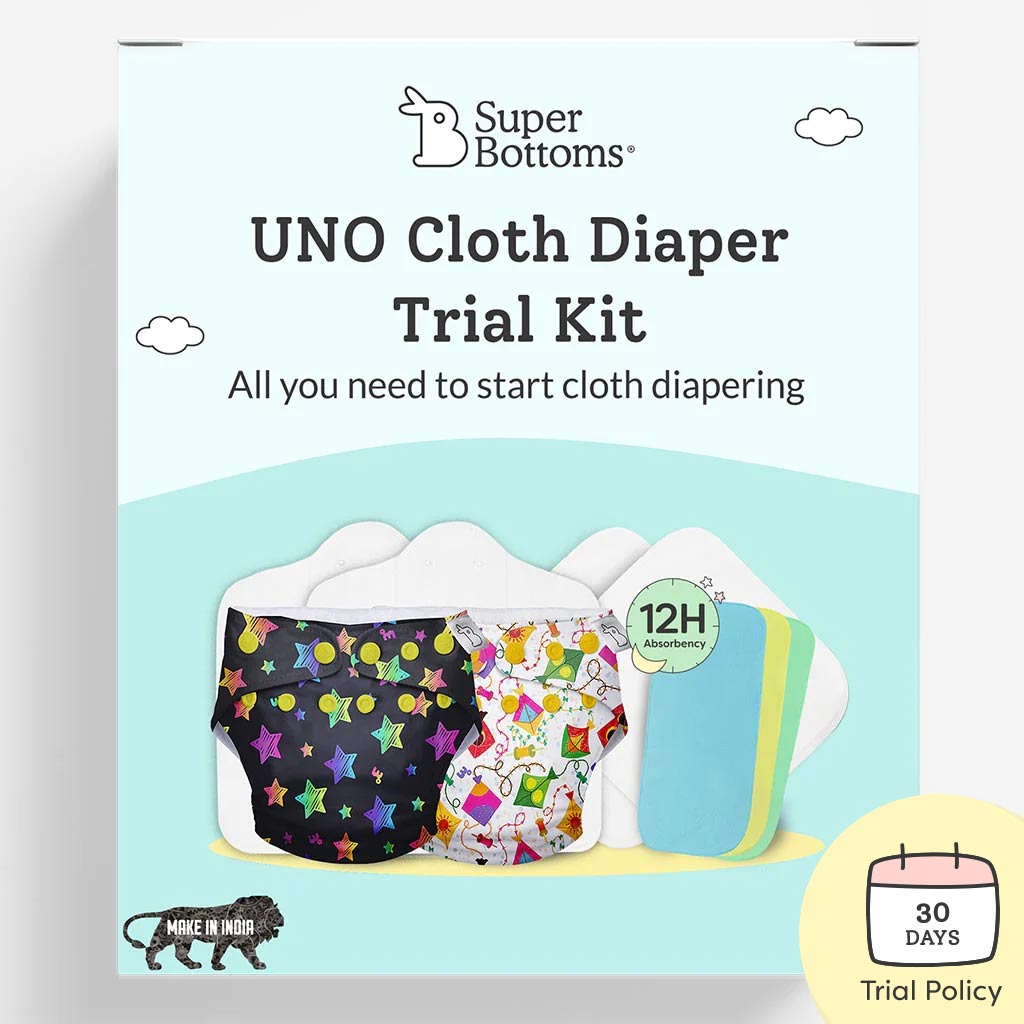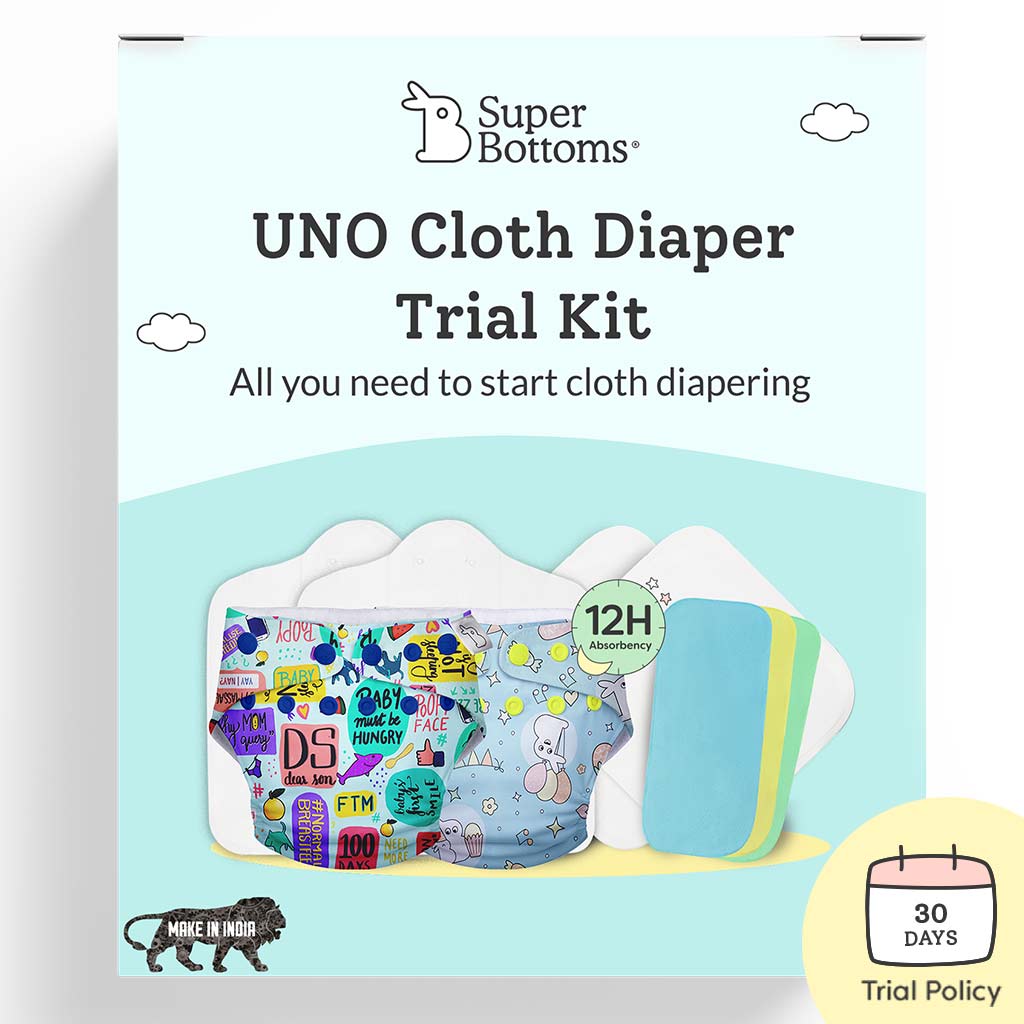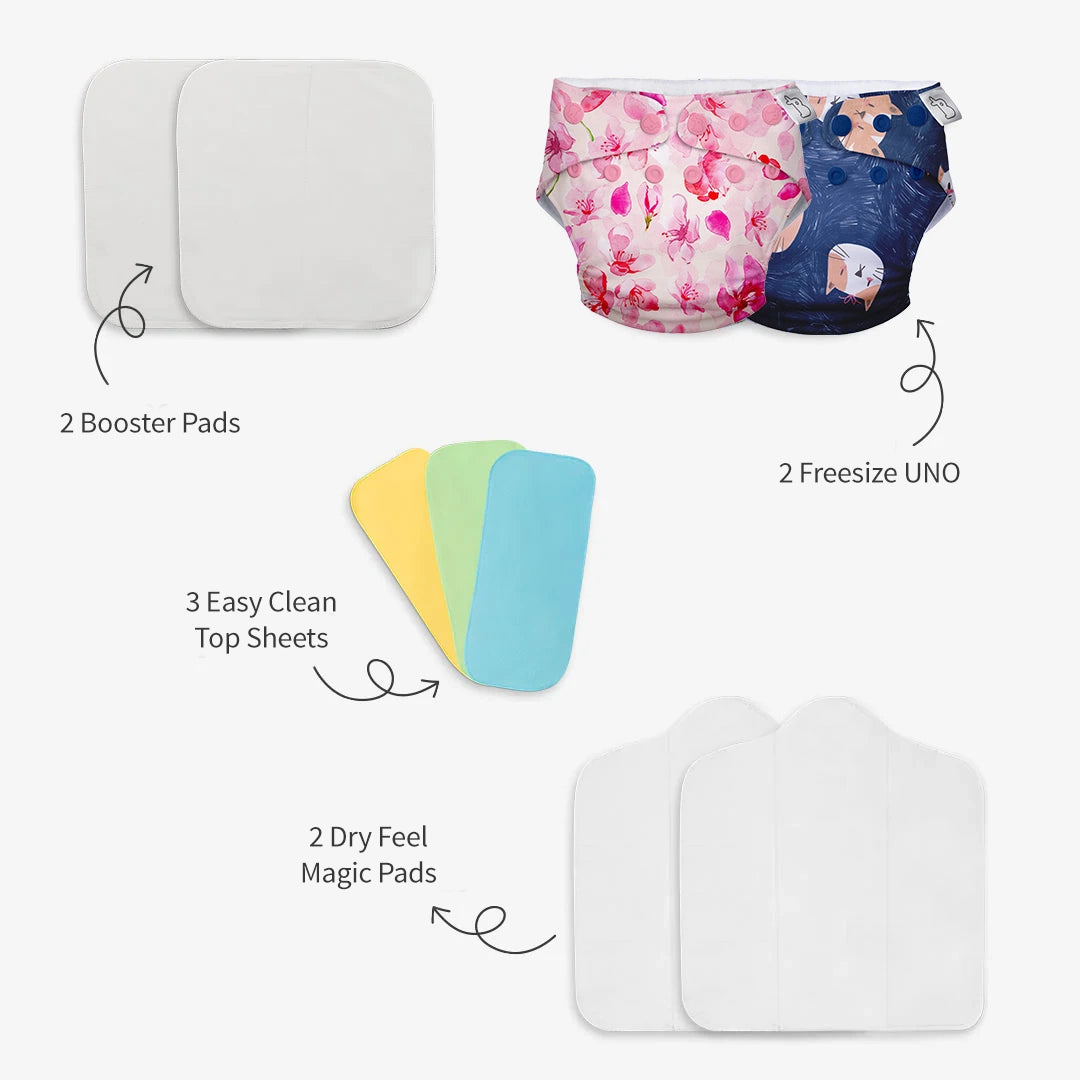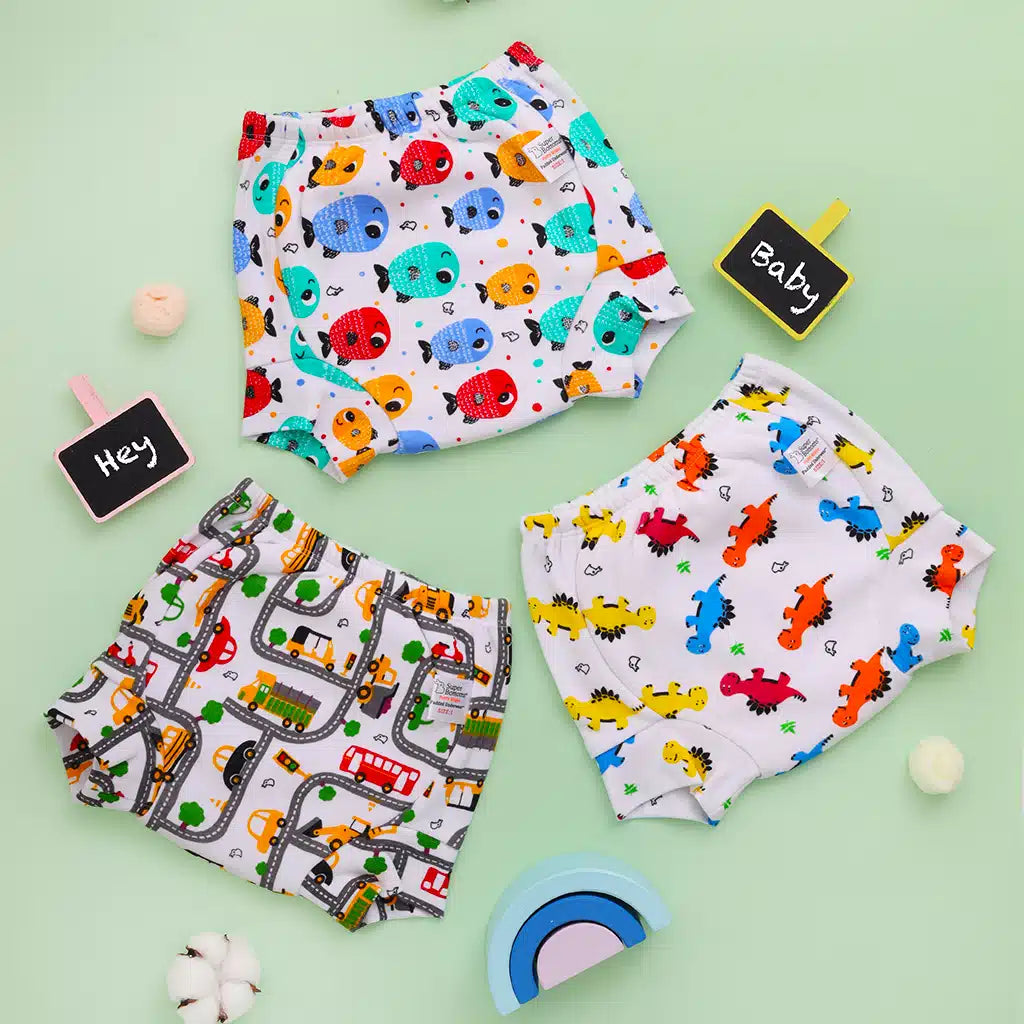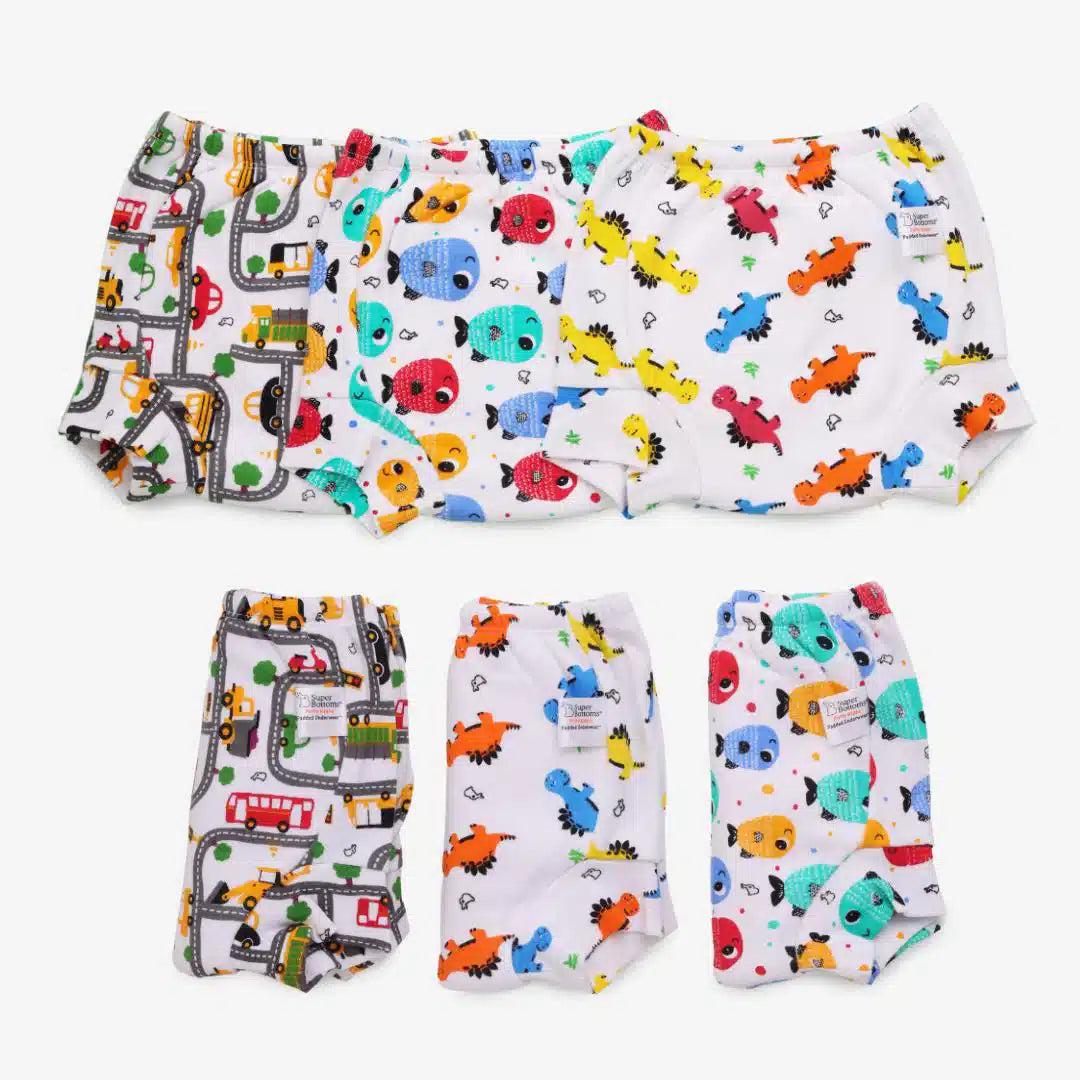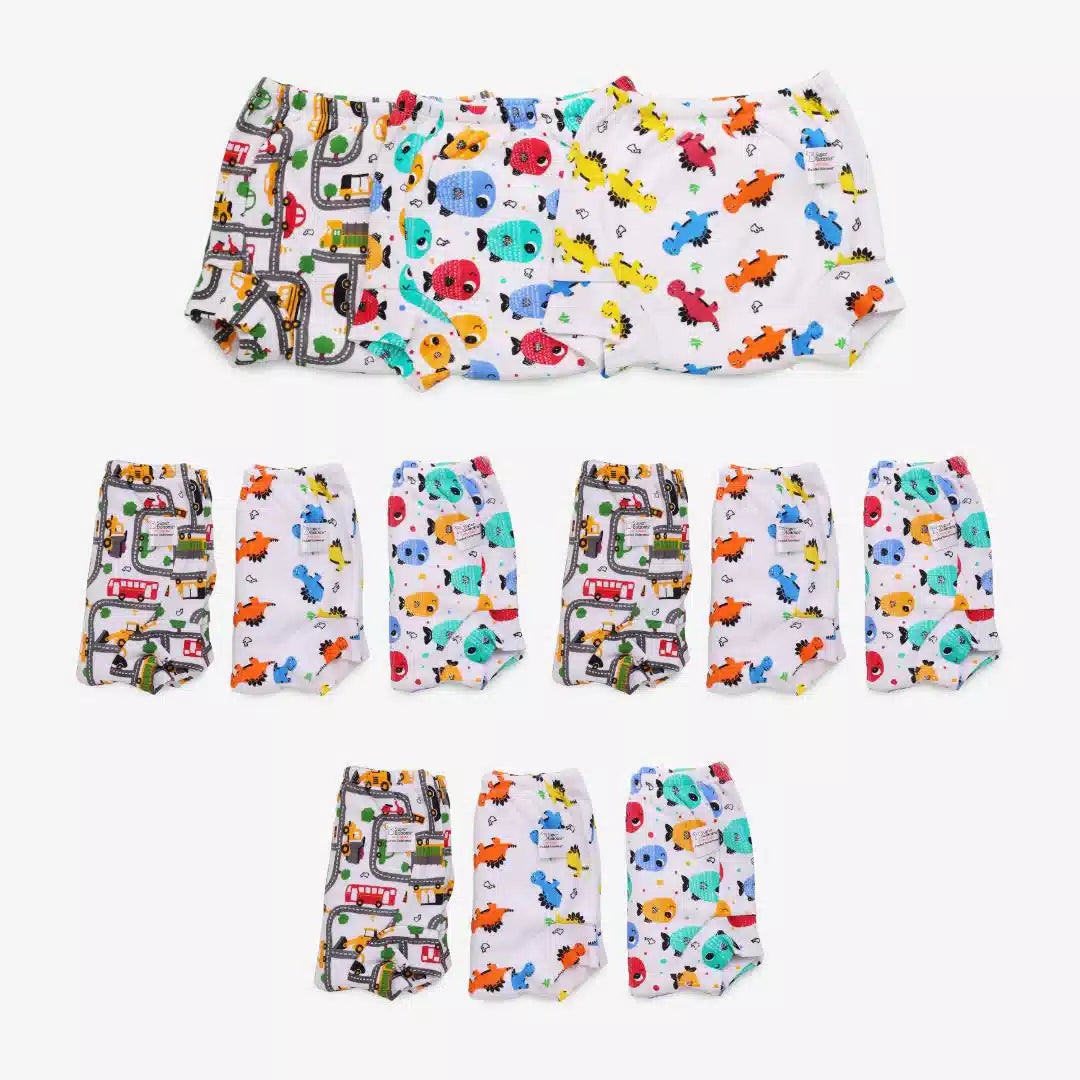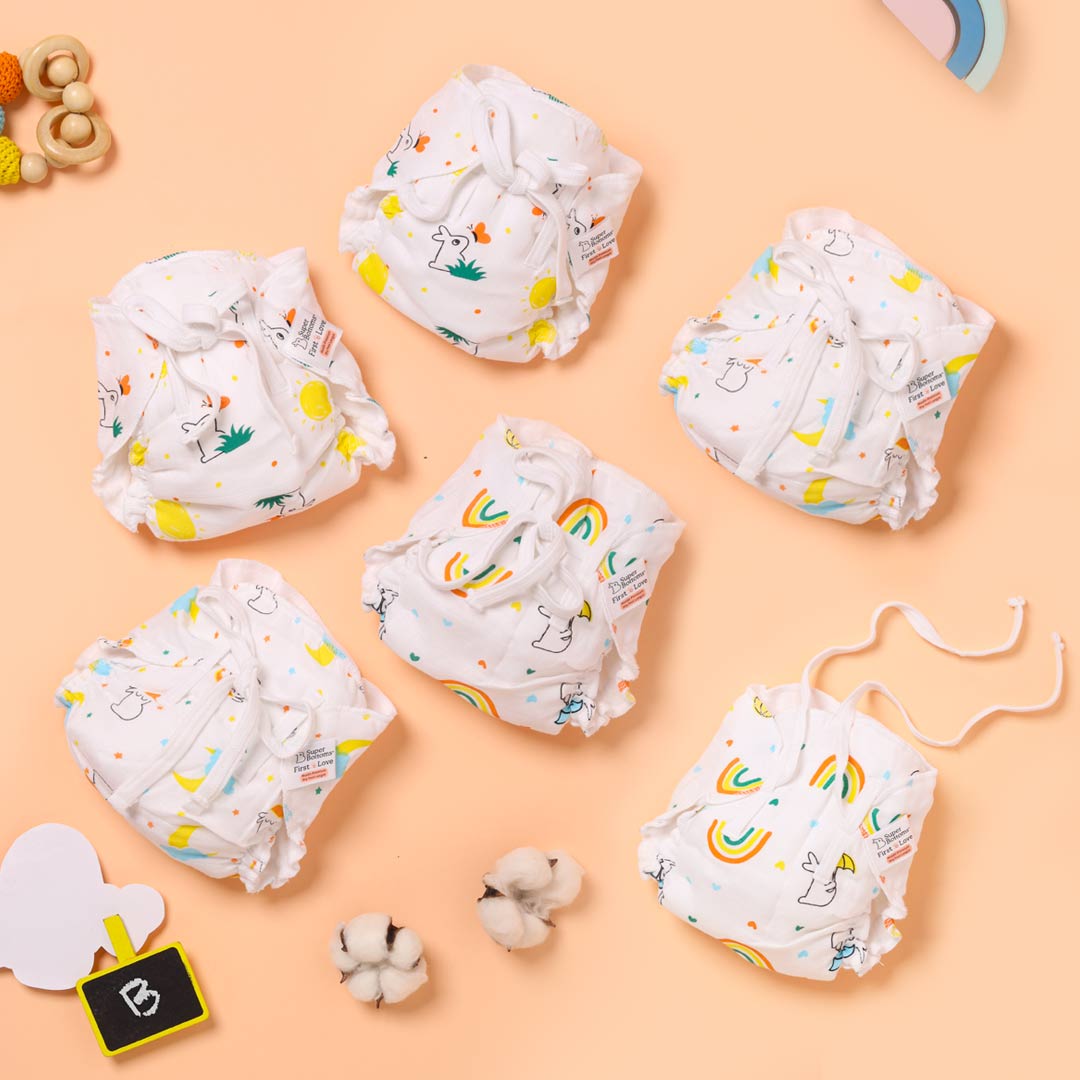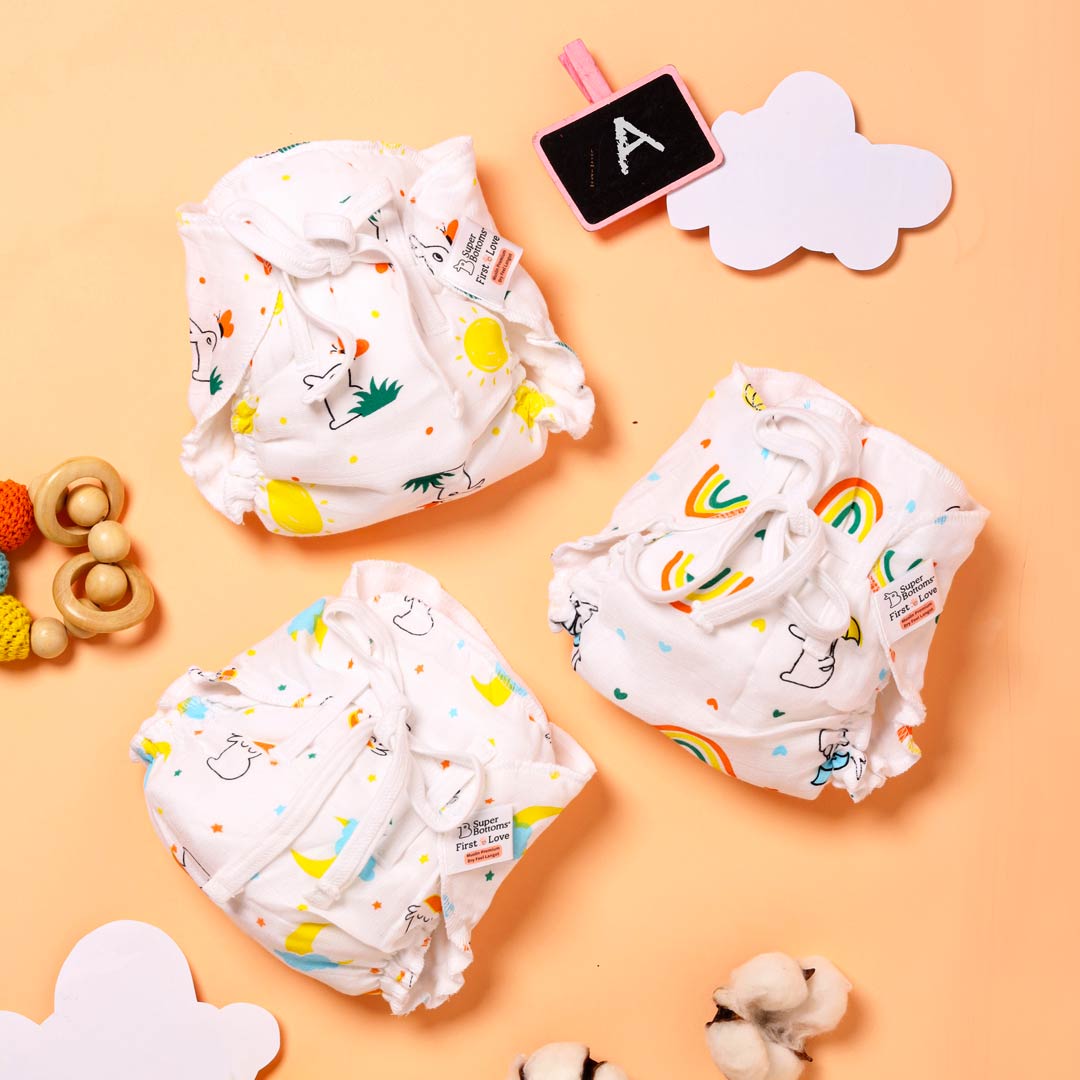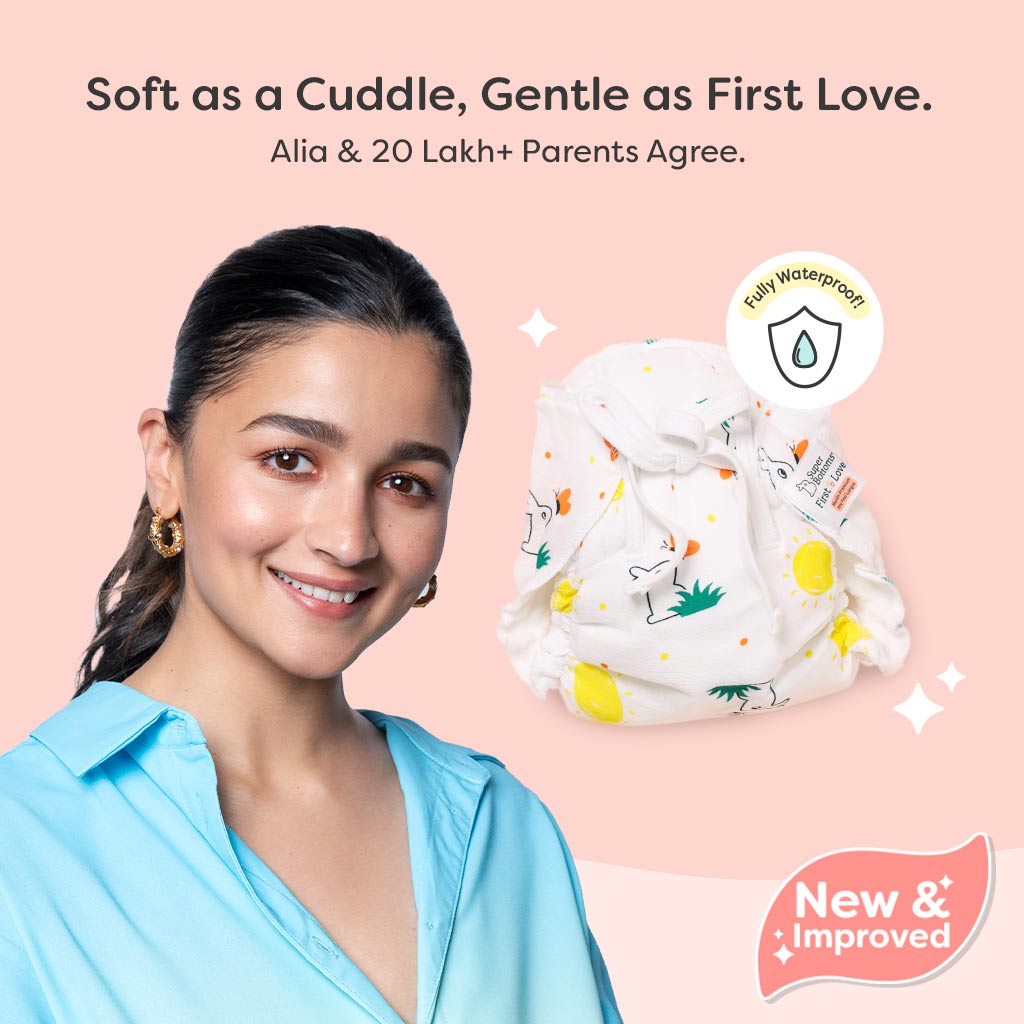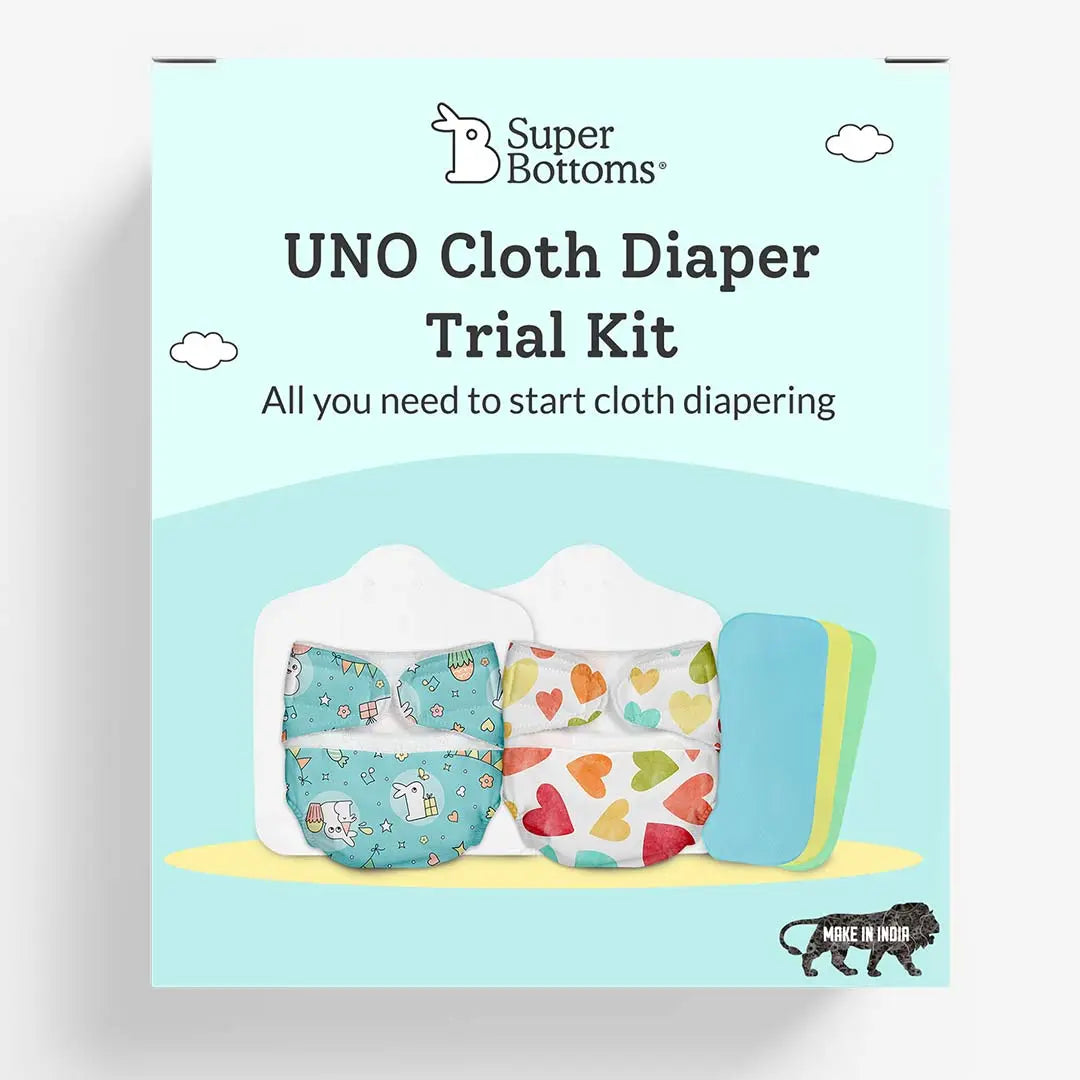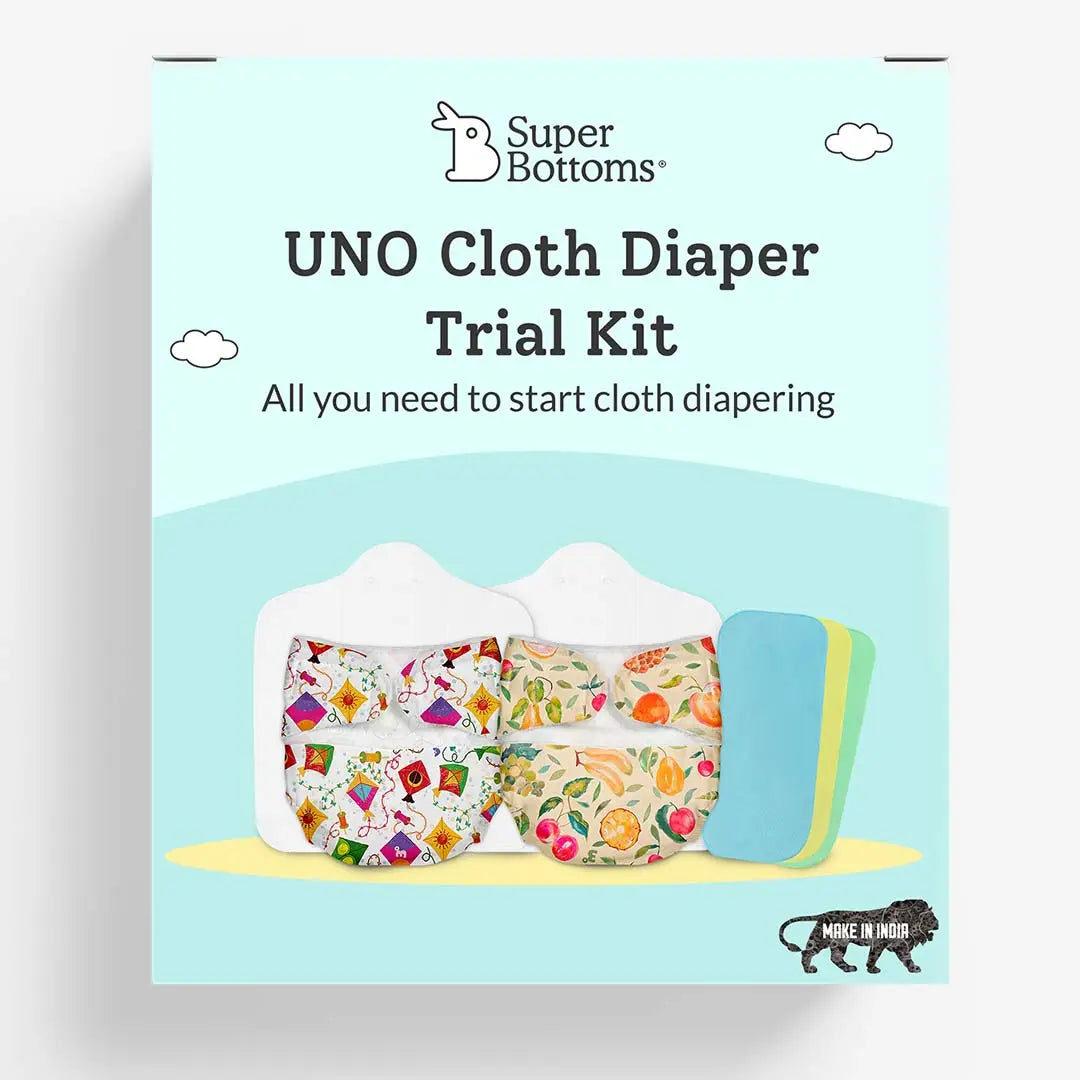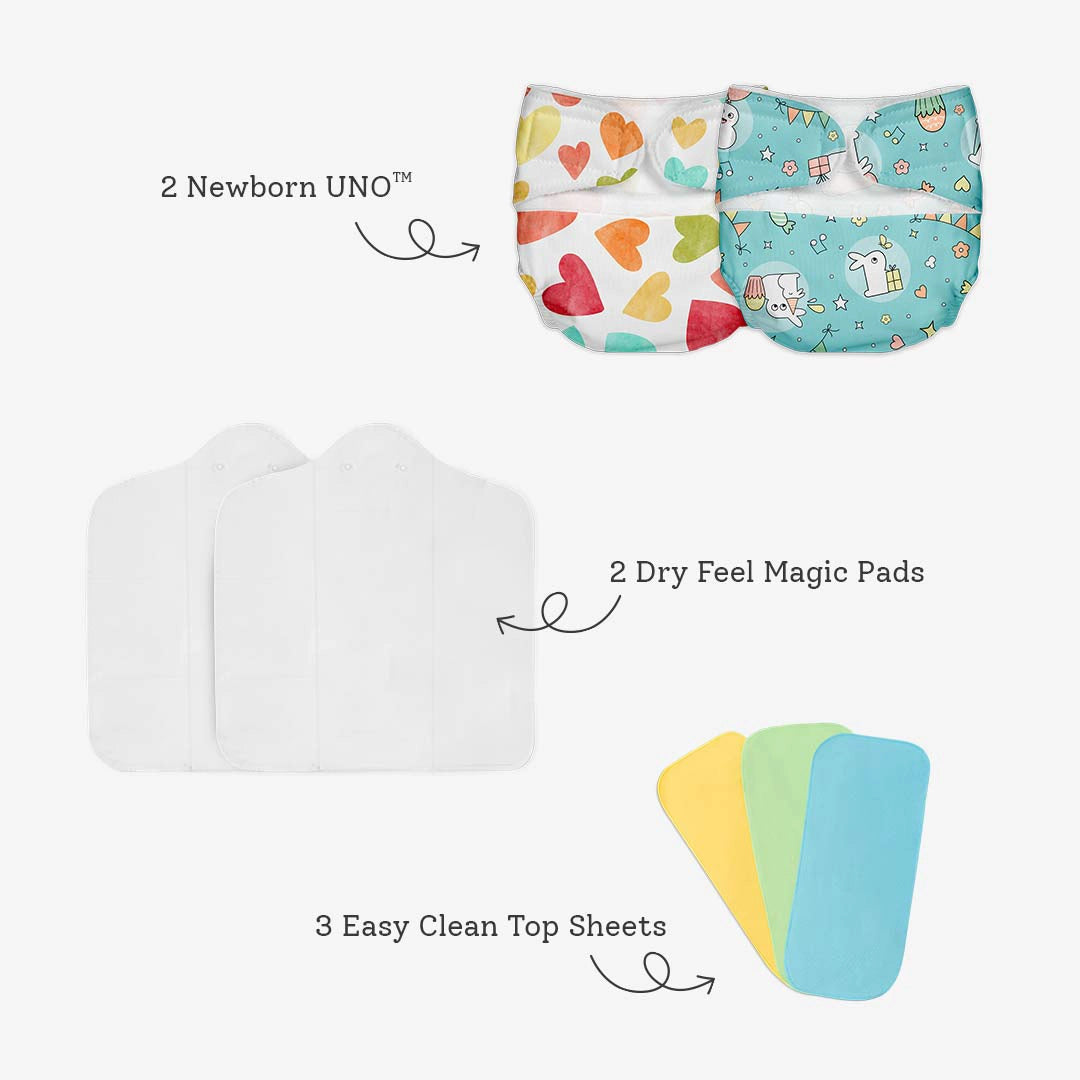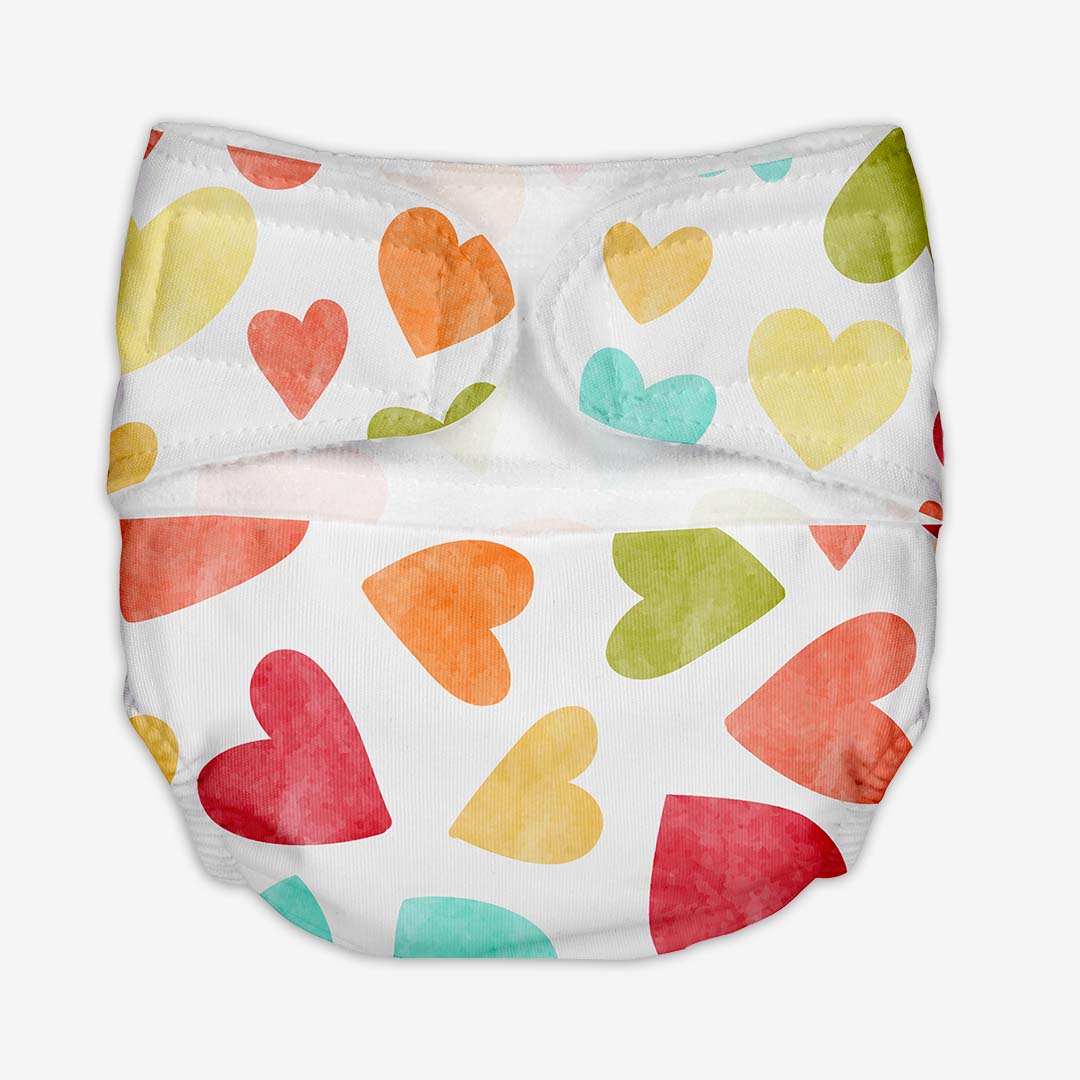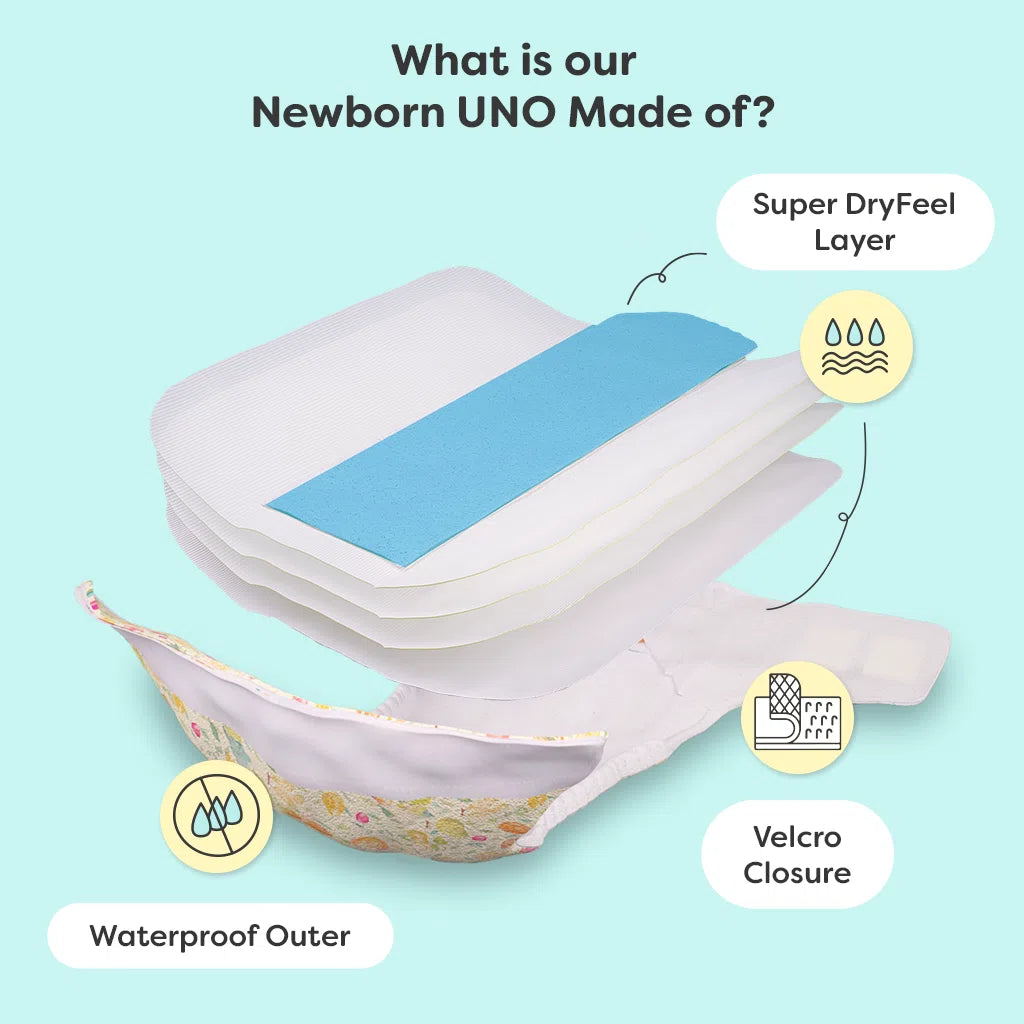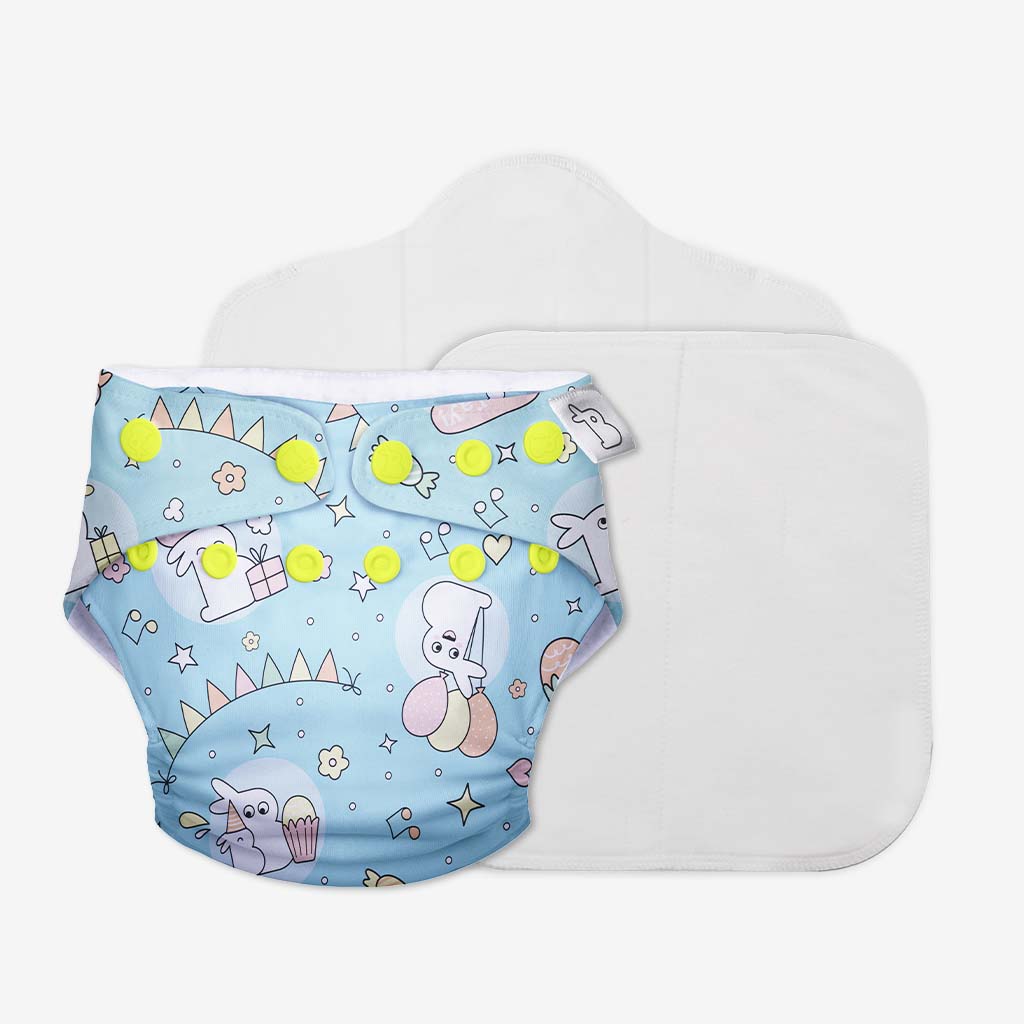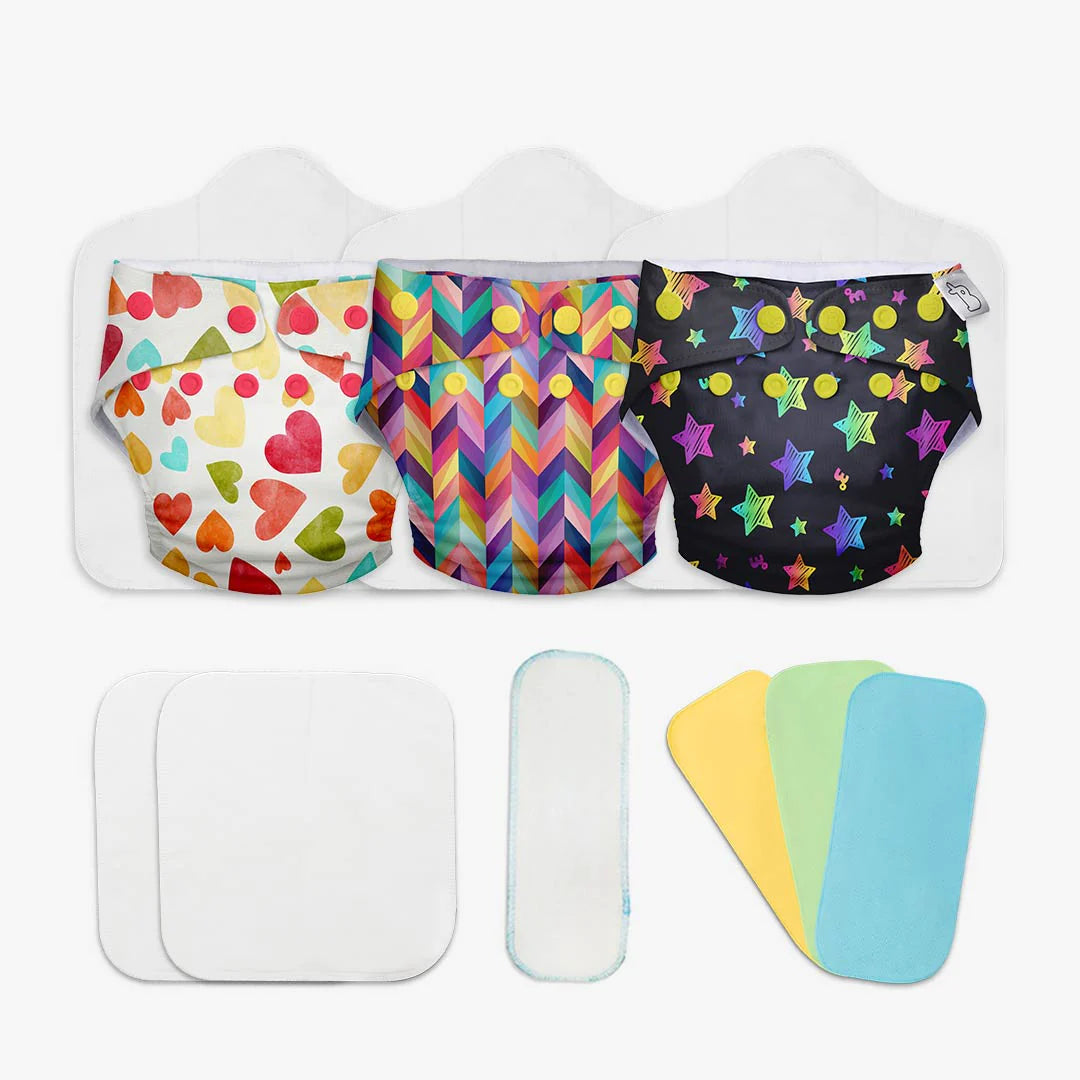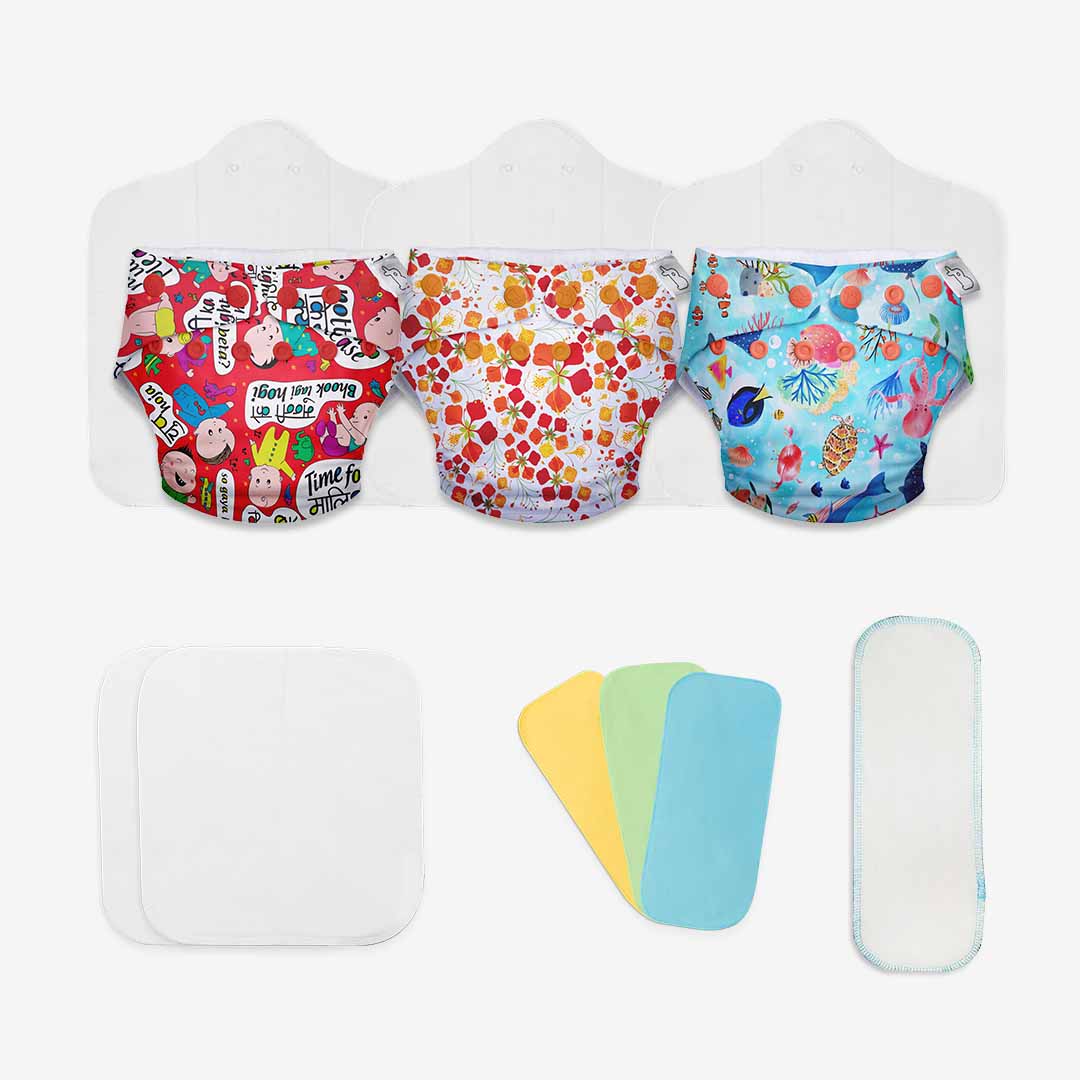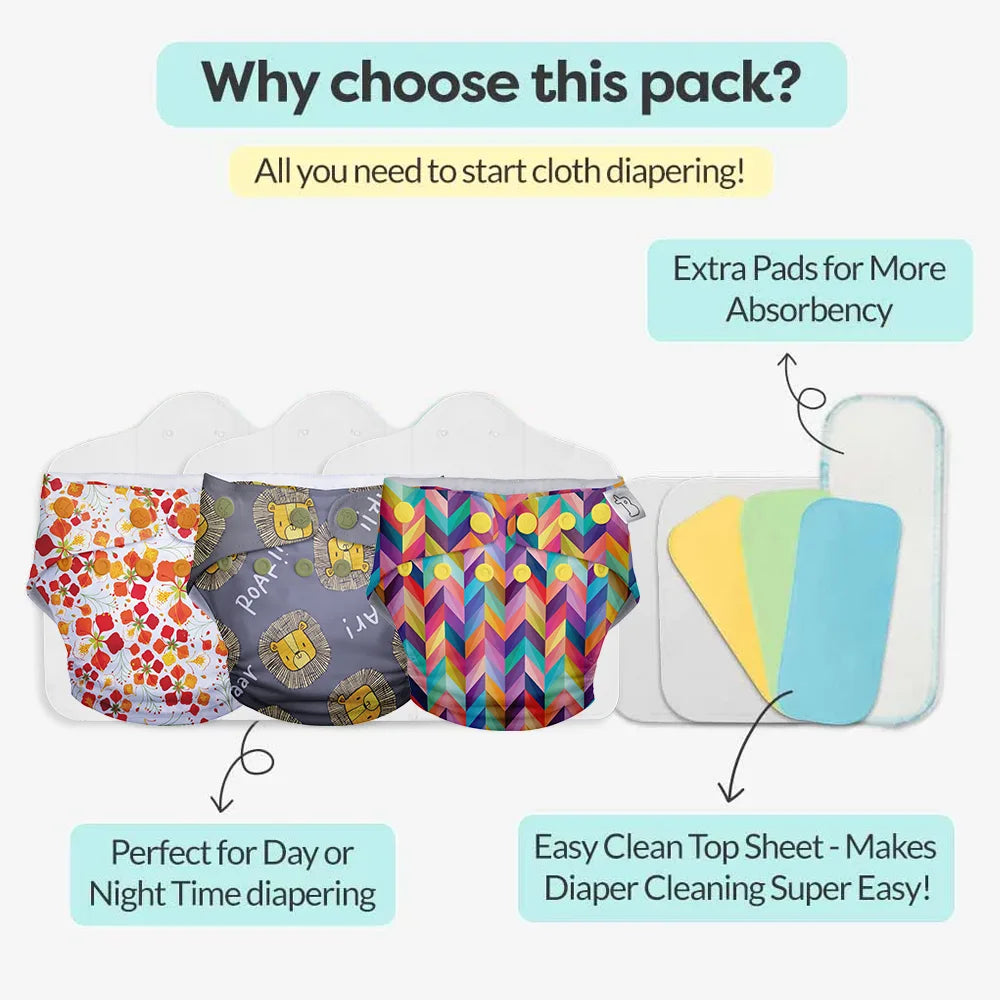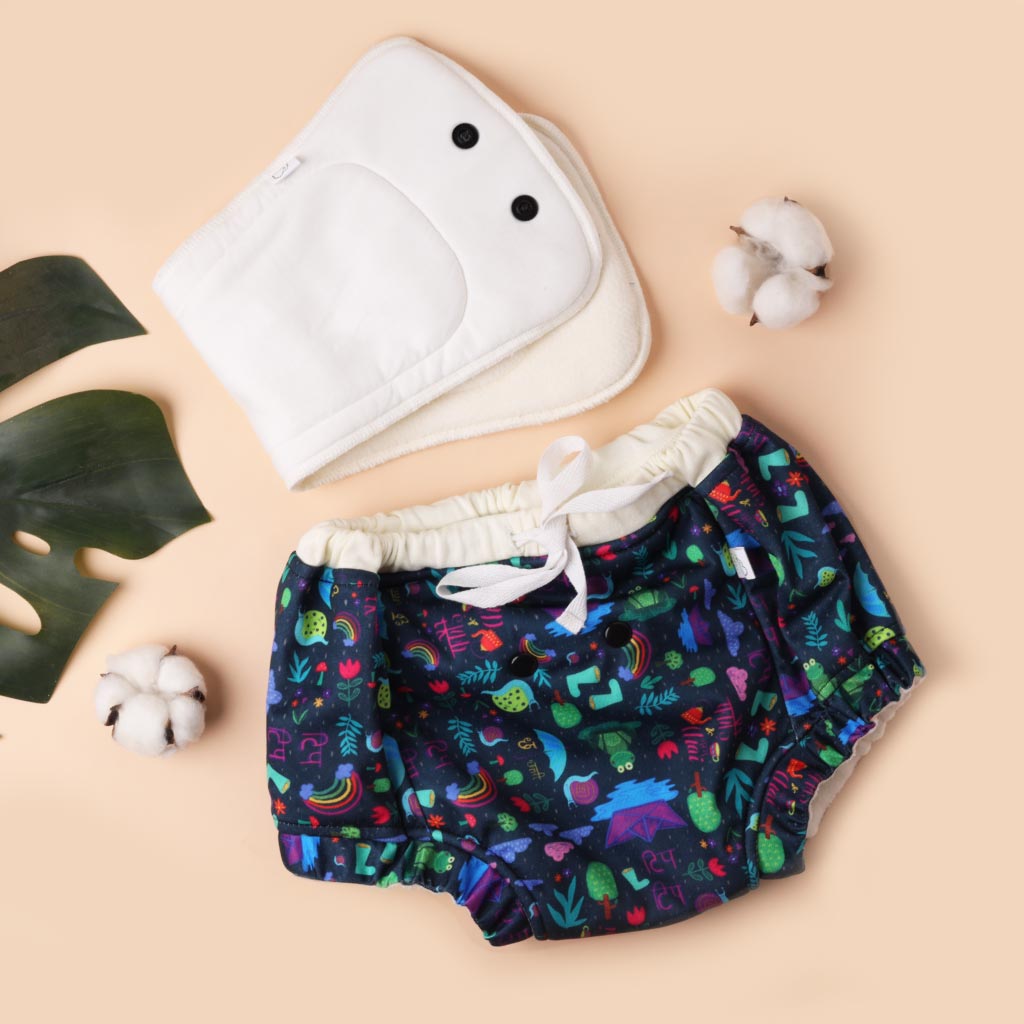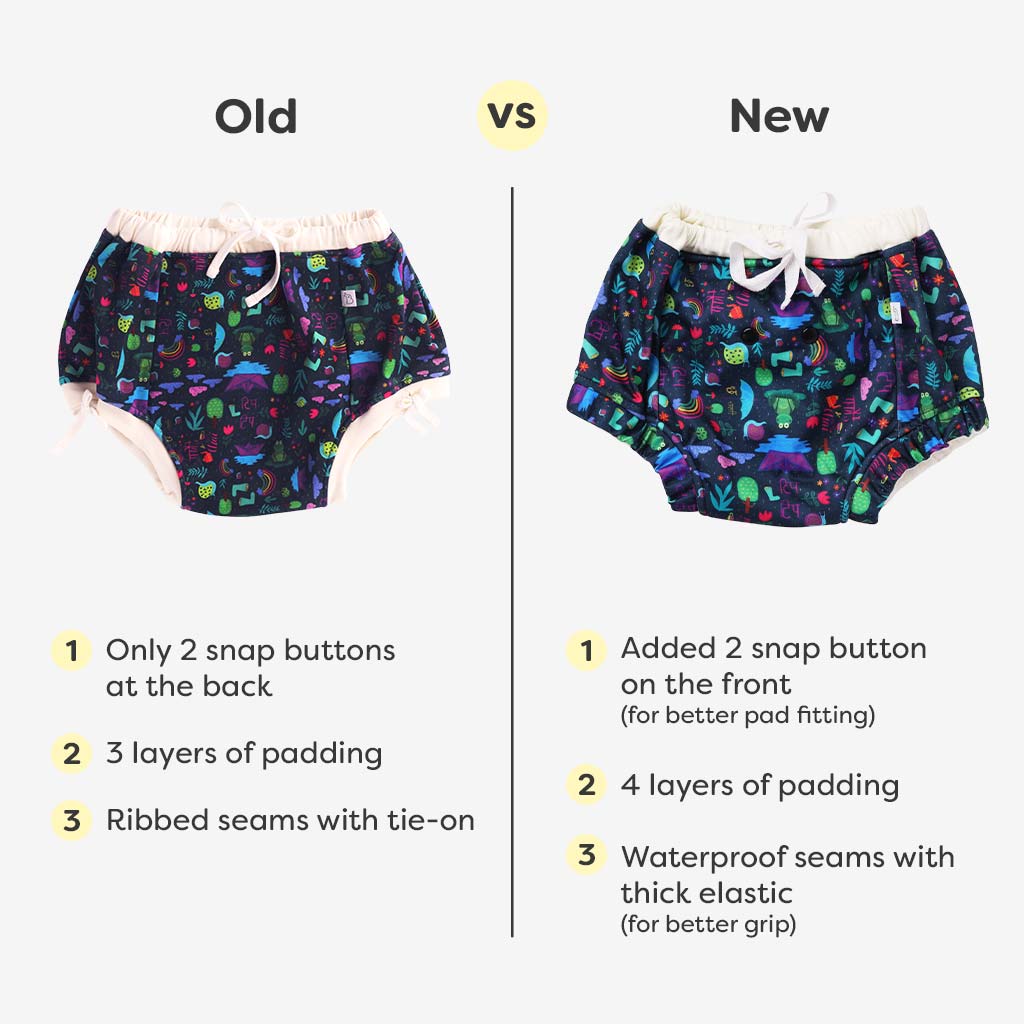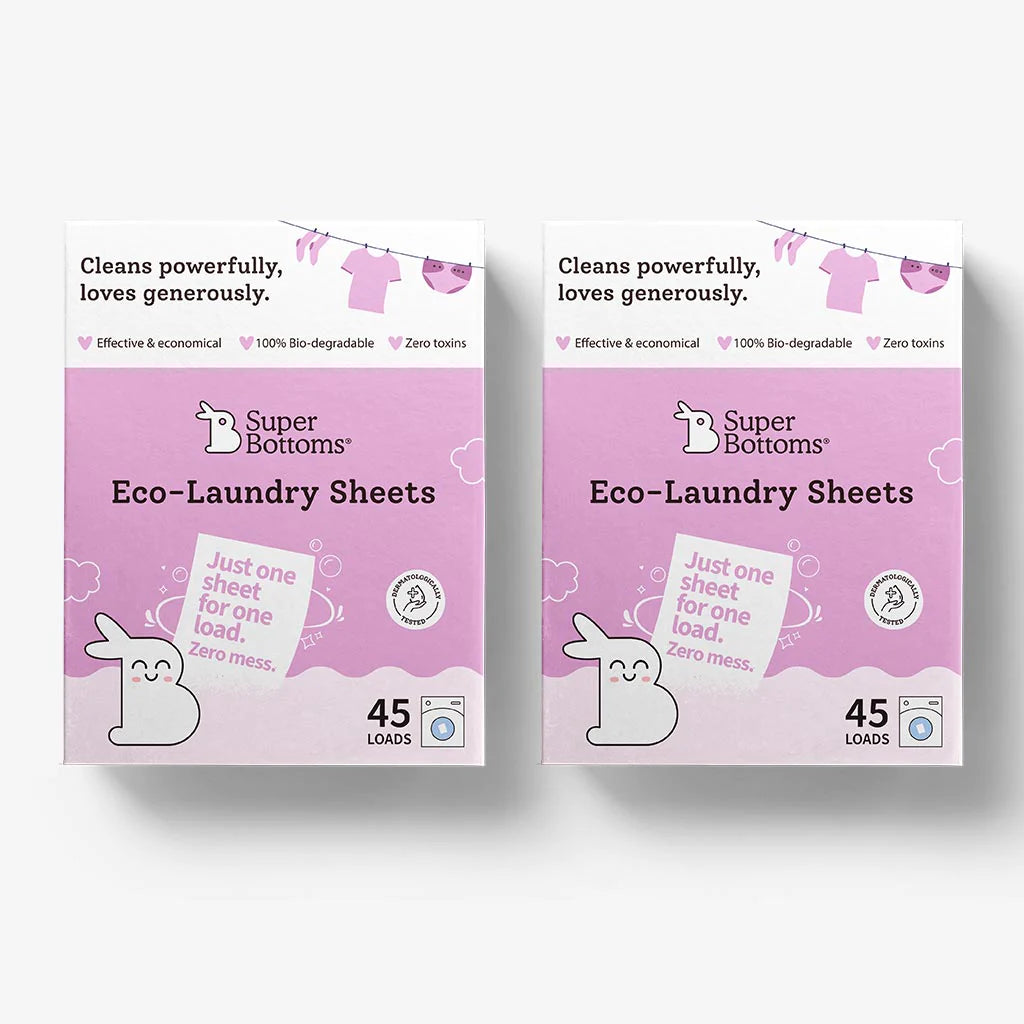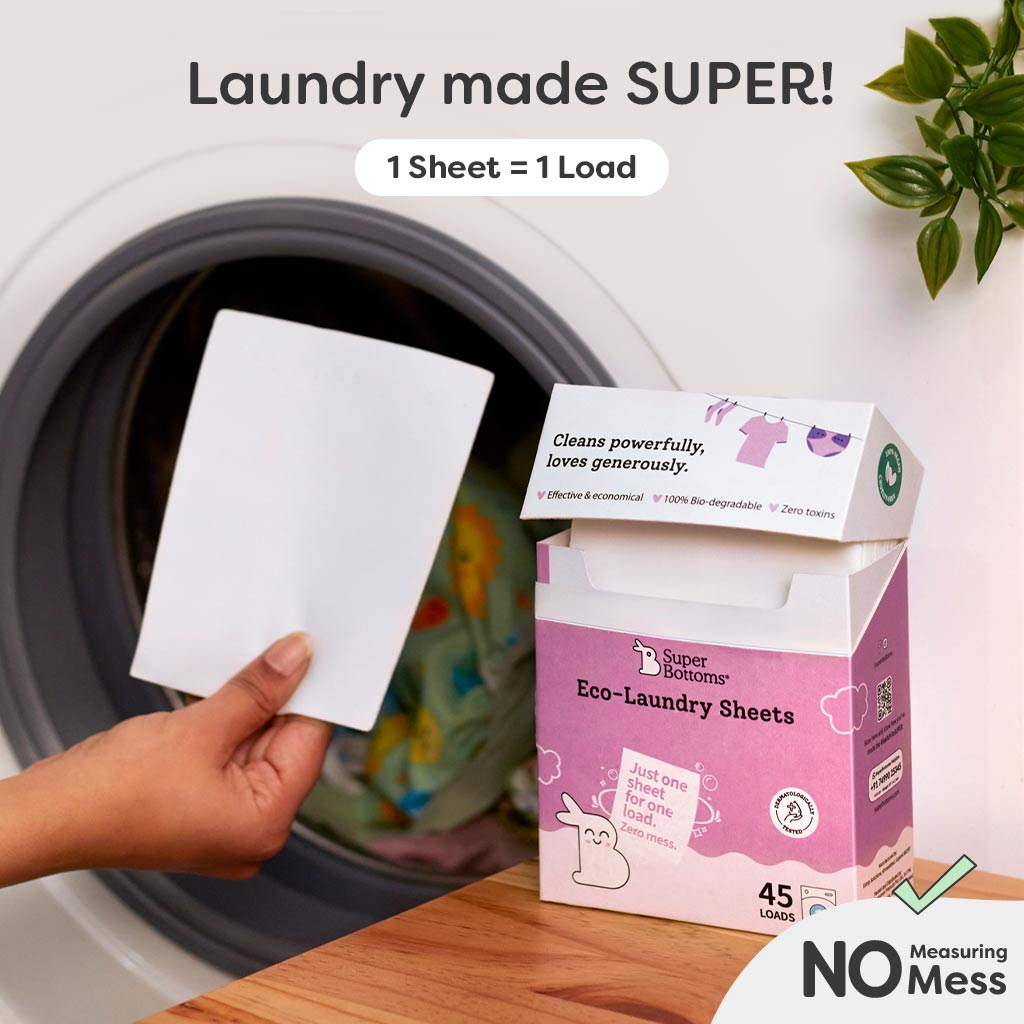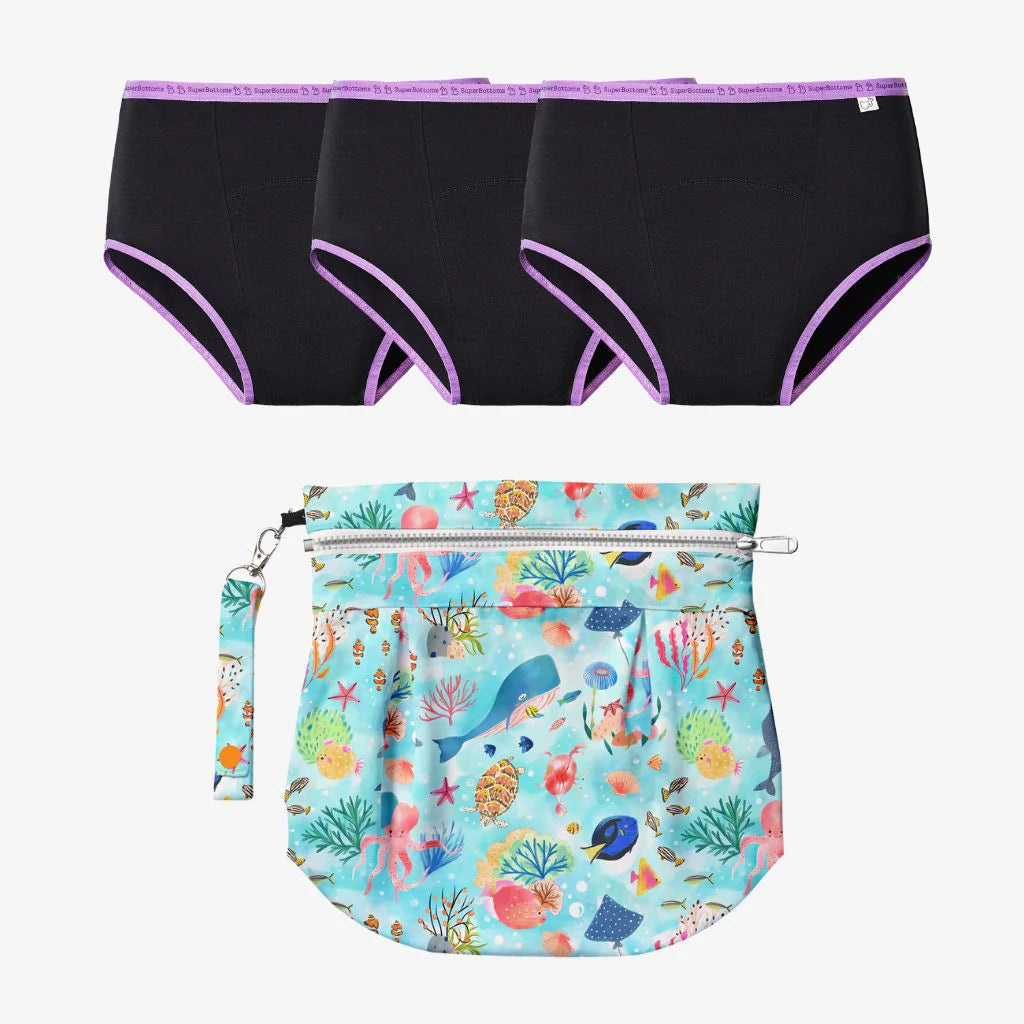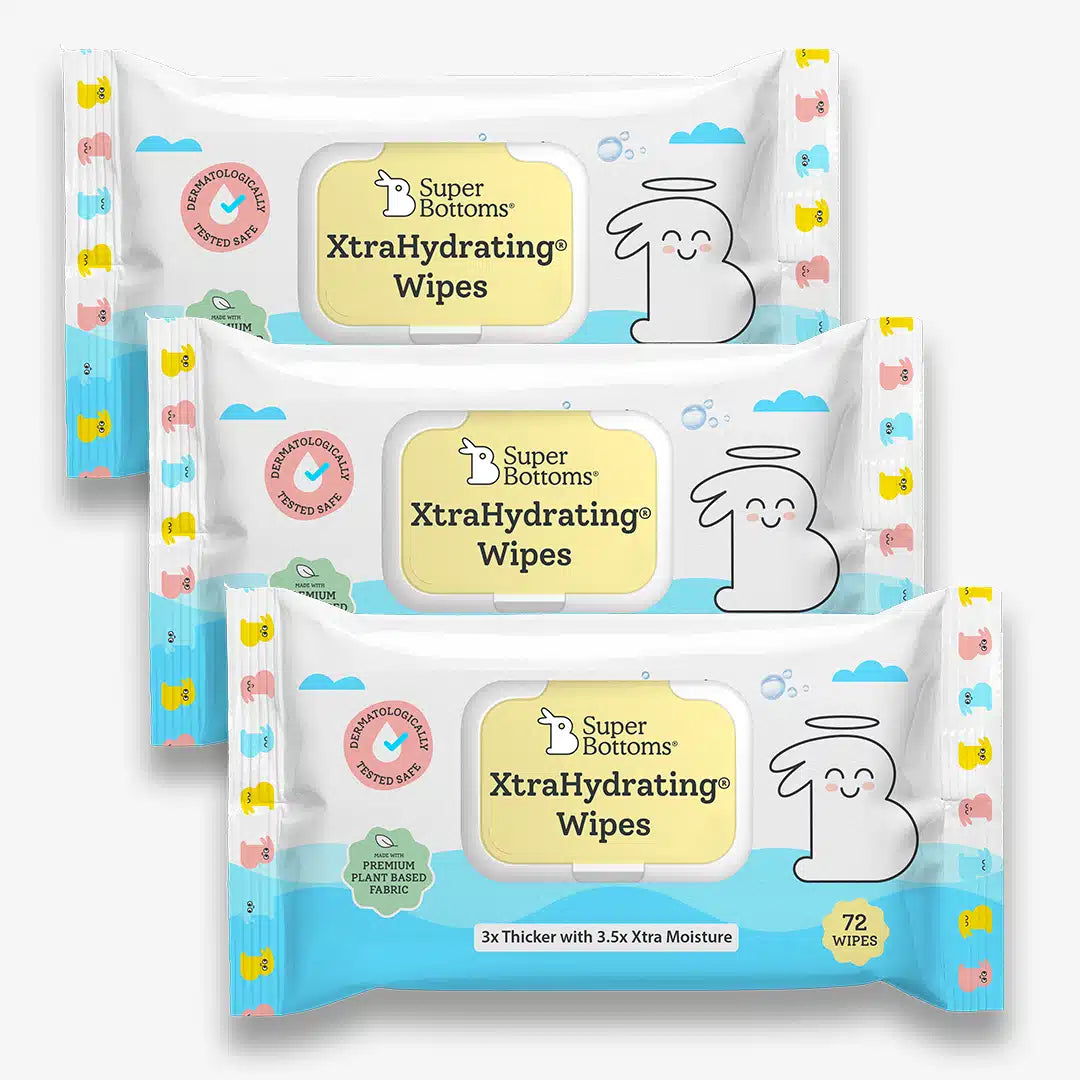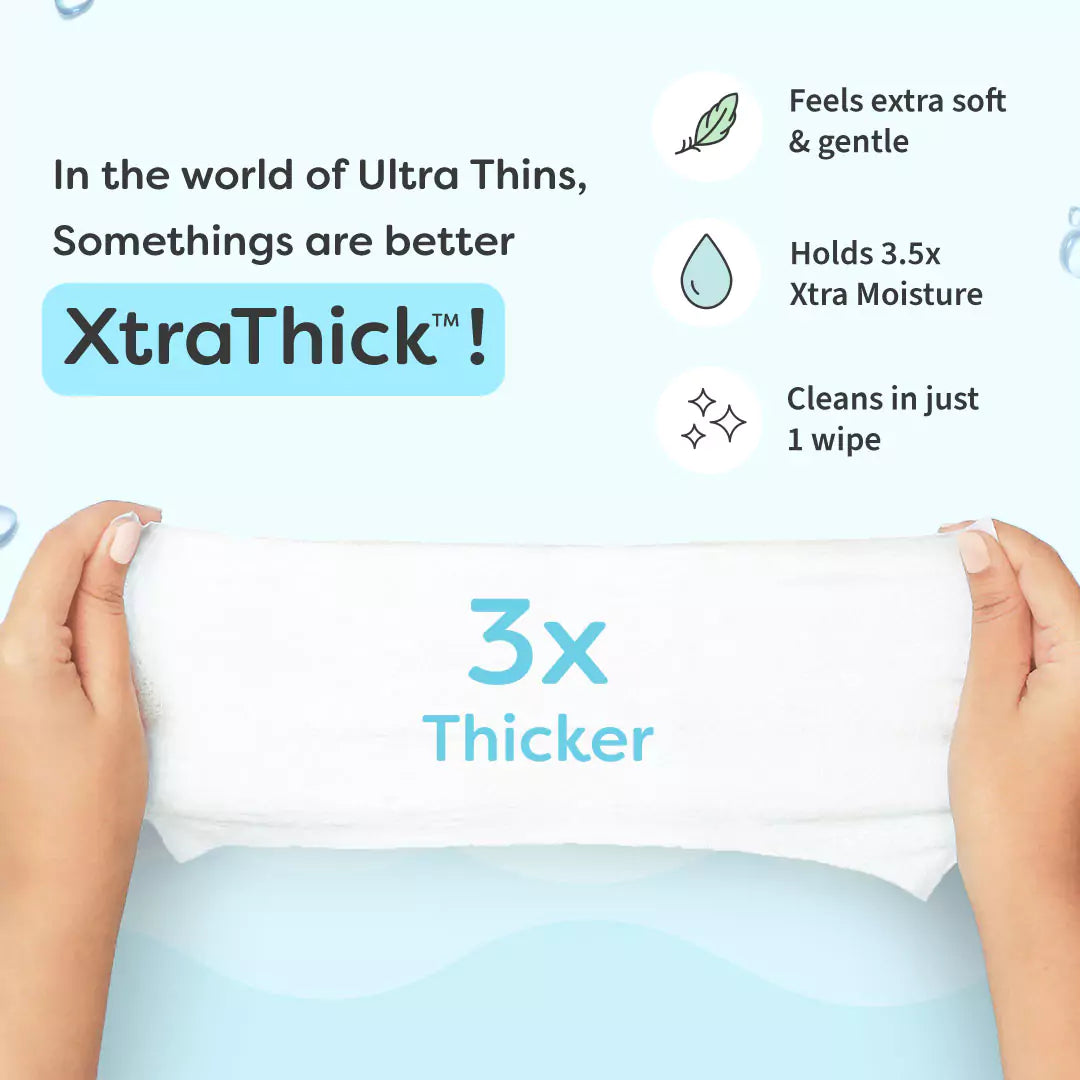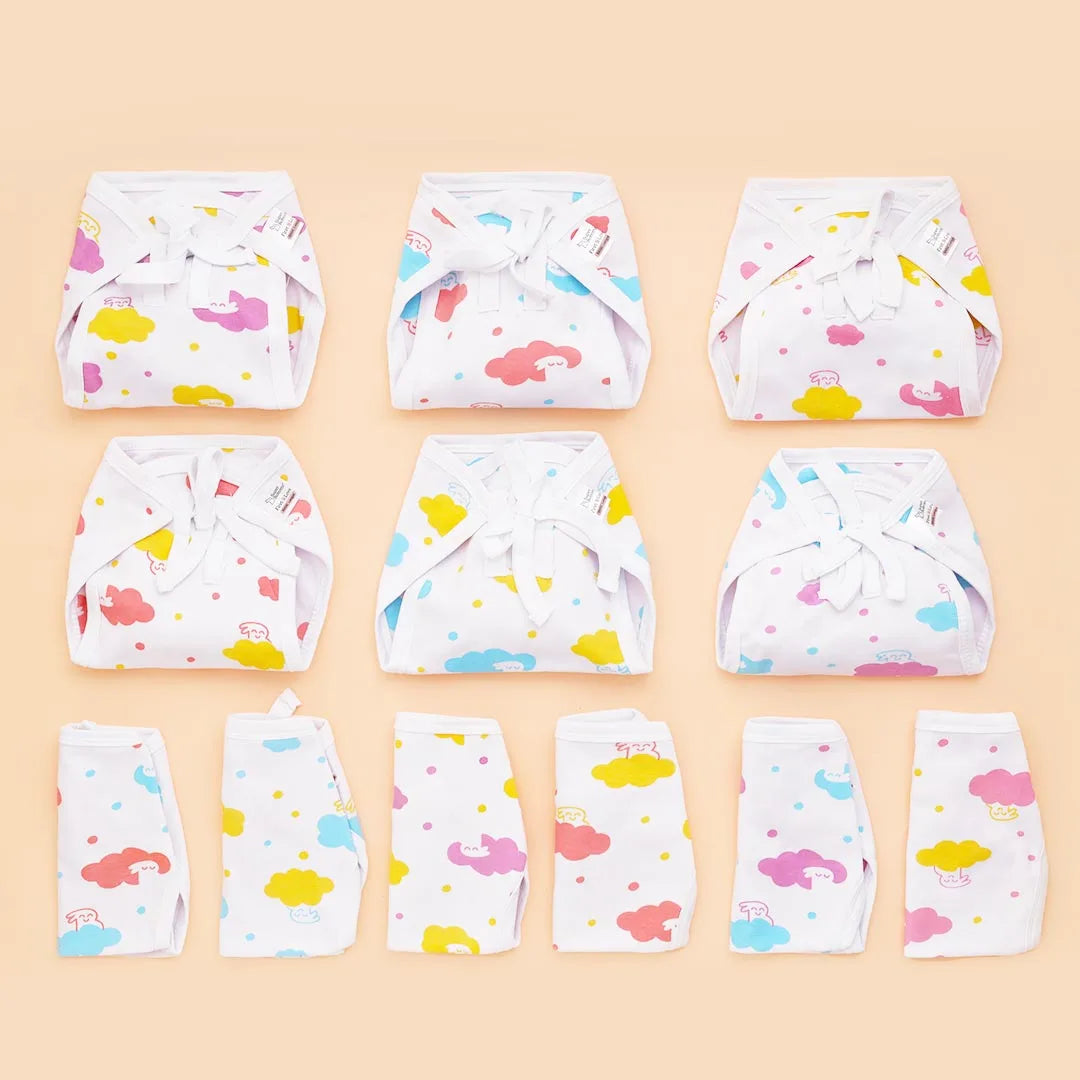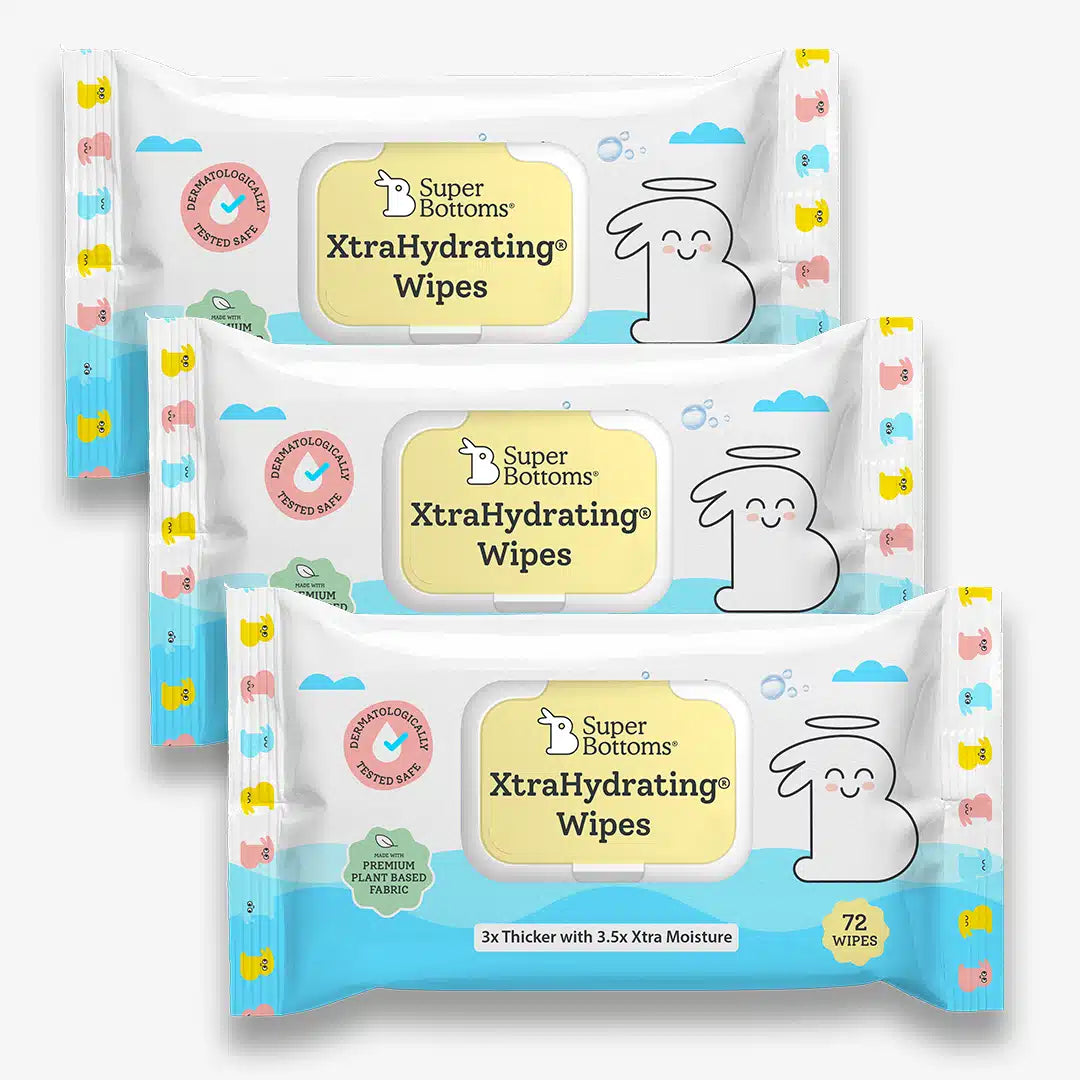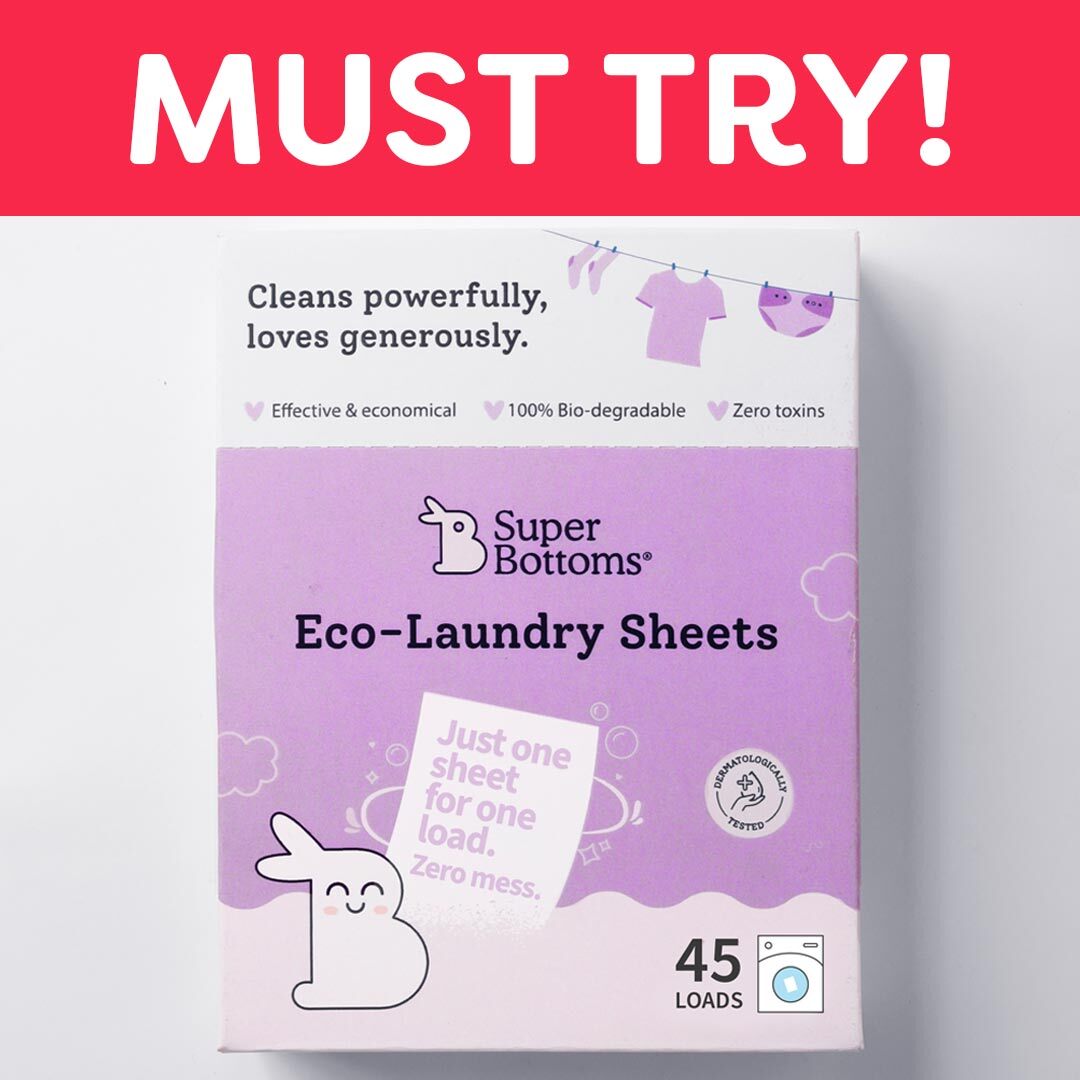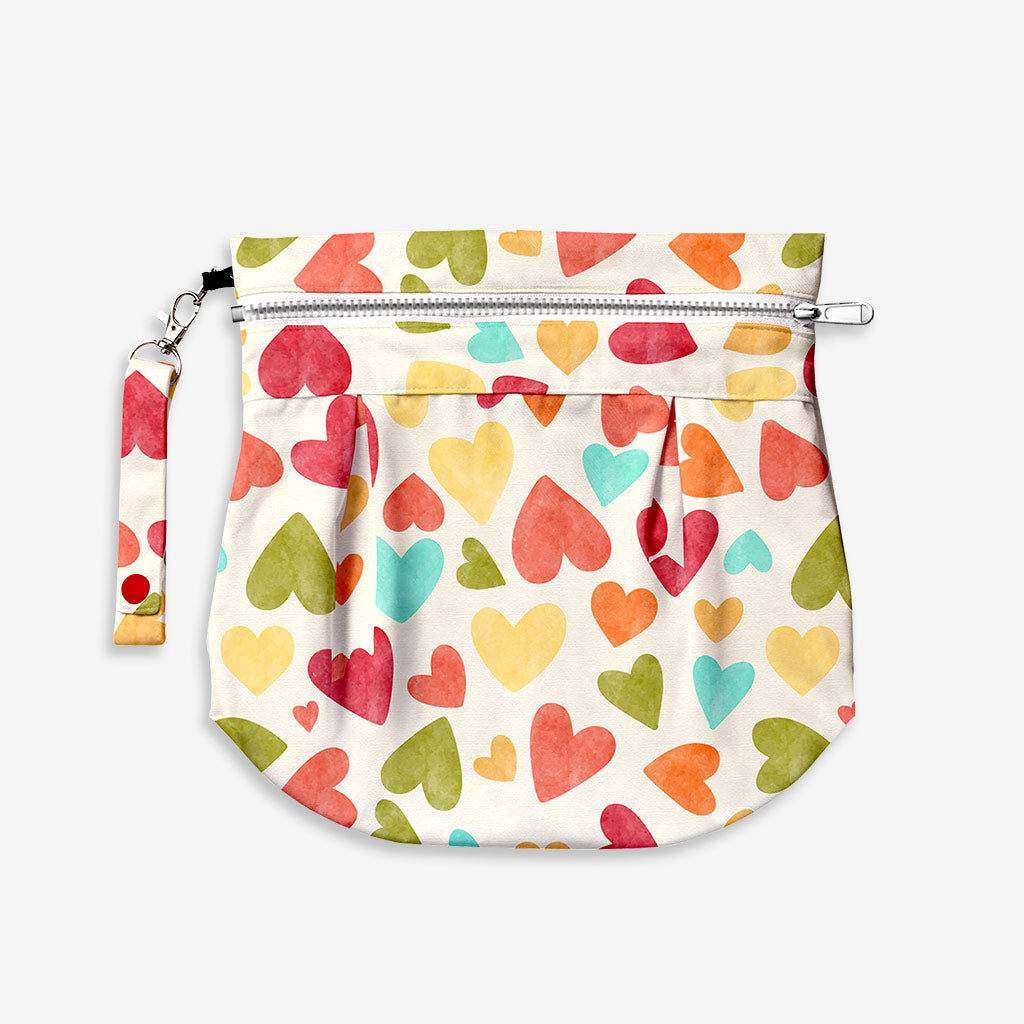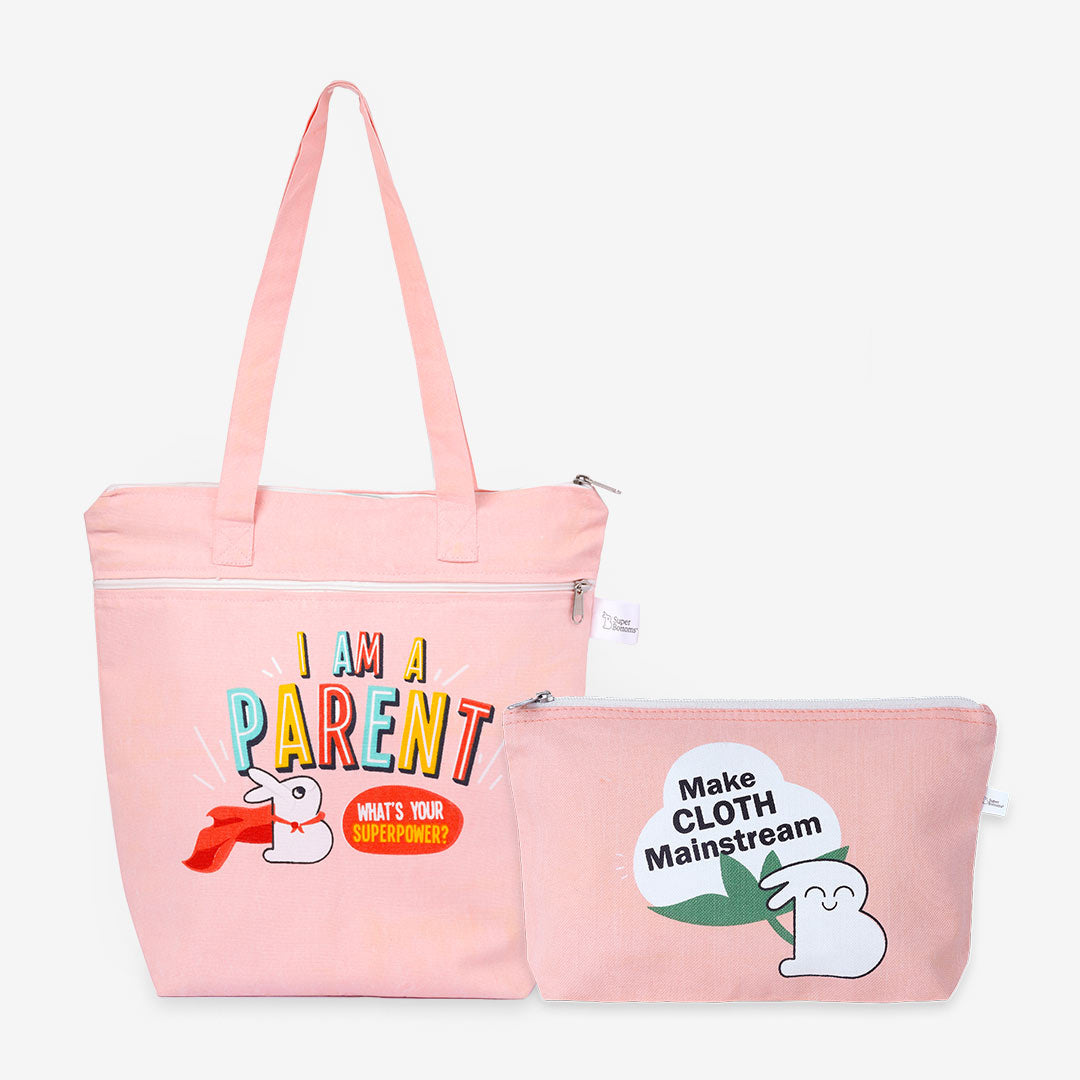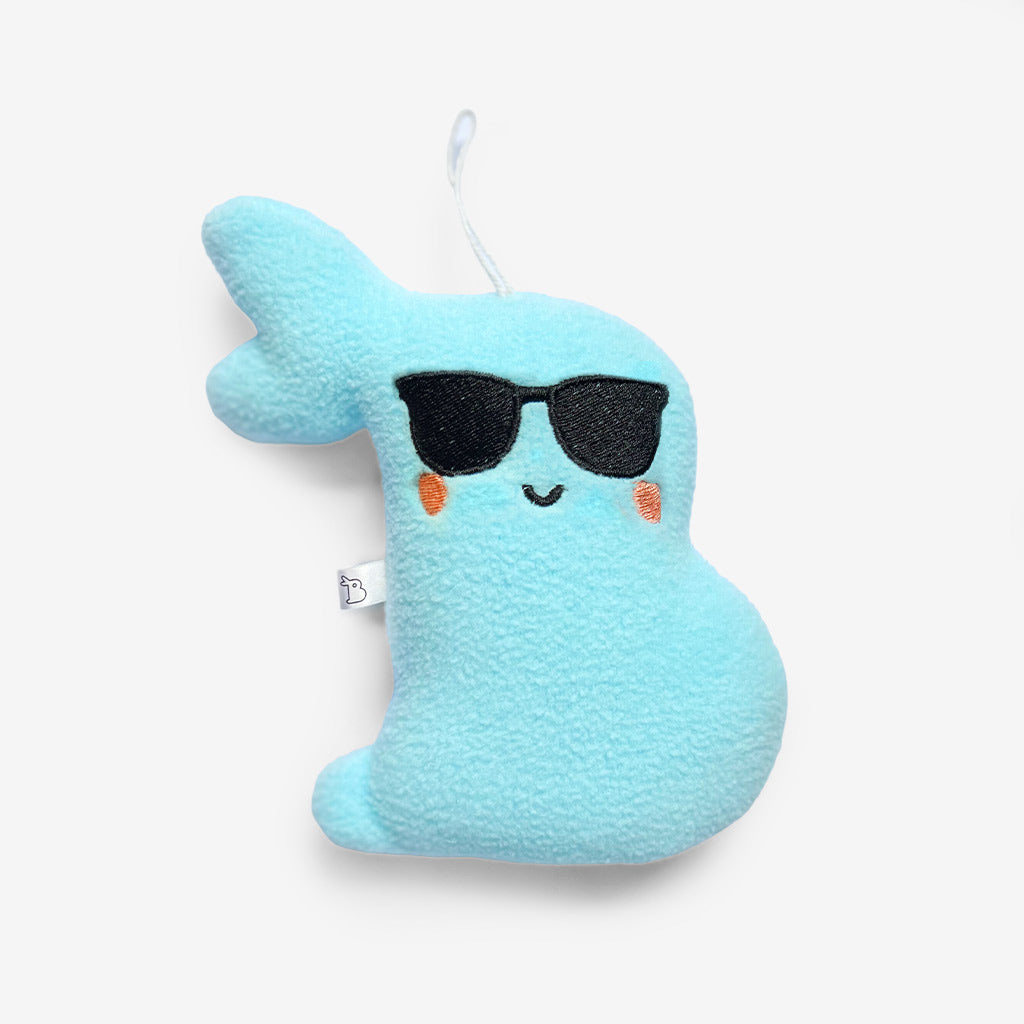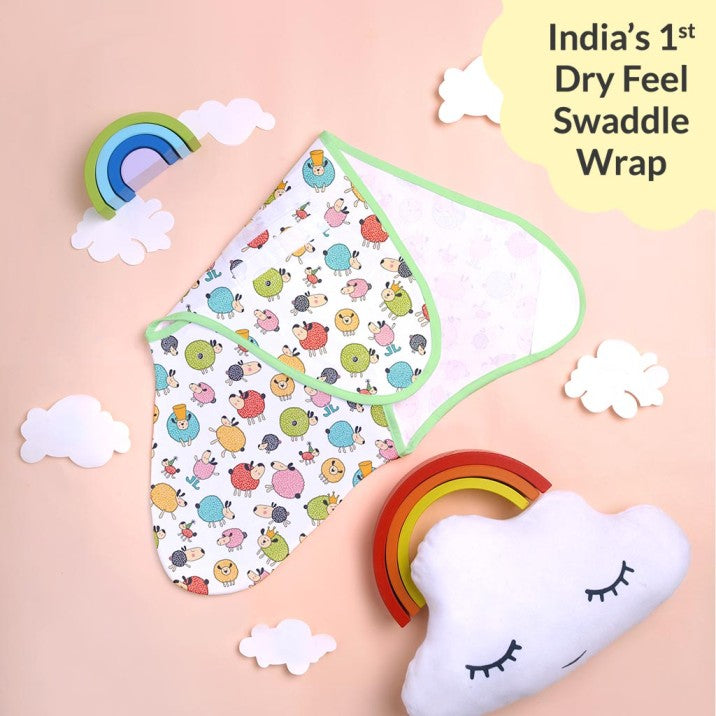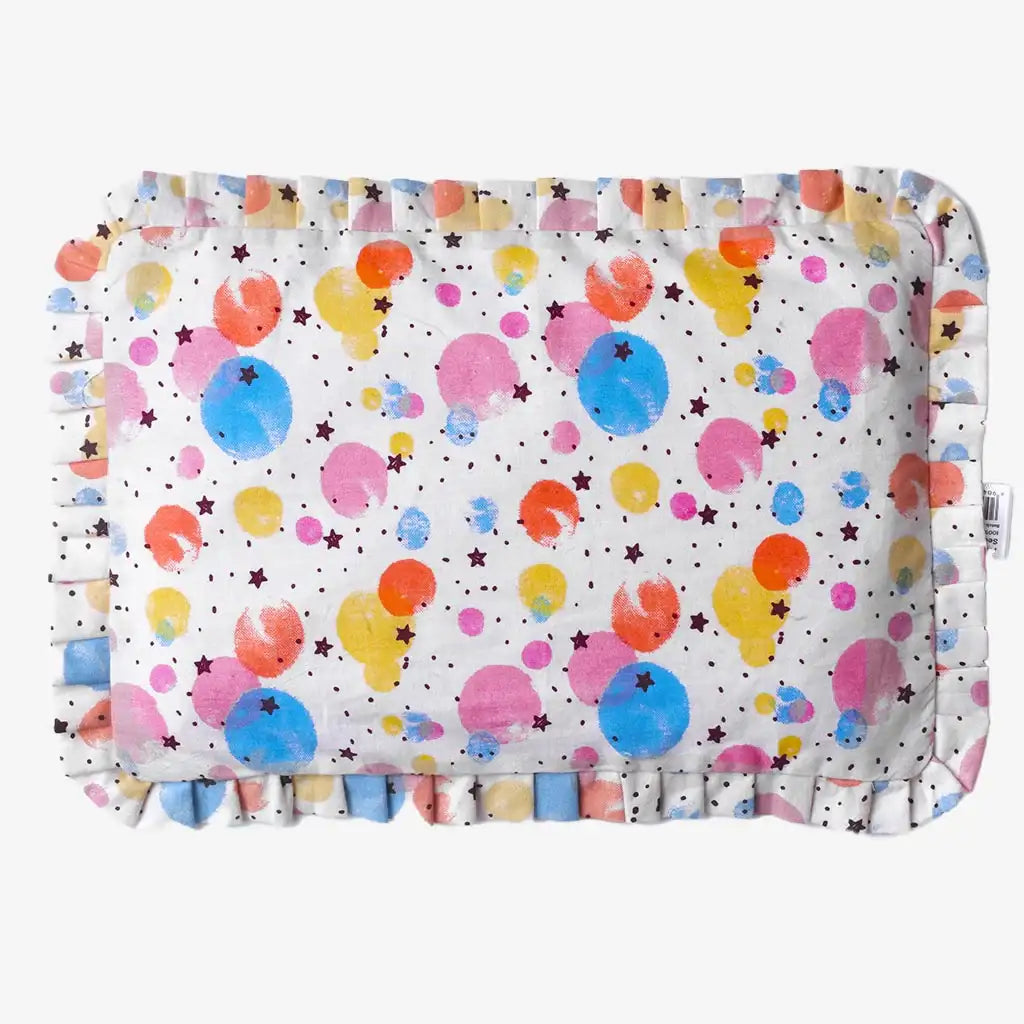In low-income communities, access to essential resources like diapers can pose significant challenges for families striving to provide the best care for their babies. Disposable diapers, while convenient, can become a considerable financial burden over time, exacerbating already tight budgets. However, there exists a sustainable and cost-effective alternative: cloth diapering. Cloth diapering offers numerous benefits for families in low-income communities, from substantial cost savings to environmental sustainability and improved health outcomes for babies. Despite its advantages, cloth diapering faces its own set of challenges in these communities, ranging from upfront costs to access to laundry facilities and a lack of awareness about its benefits.
In this guide, we delve into the world of cloth diapering in low-income communities, exploring its benefits, addressing challenges, and providing practical tips for successful implementation. By highlighting the potential of cloth diapering as a sustainable solution for baby care, we aim to empower families to make informed choices that promote both their financial well-being and the health of their little ones.
Benefits of Cloth Diapering in Low-Income Communities
• Cost Savings: Cotton diapers are a one-time investment, significantly cheaper in the long run compared to continually purchasing disposable diapers. Families in low-income communities can save hundreds to thousands of dollars annually by switching to cloth diapers, easing financial strain.
• Eco-Friendly: Cloth diapers reduce environmental impact by minimising waste sent to landfills. In low-income areas where waste management infrastructure may be lacking, cloth diapering can alleviate the burden on already strained systems.
• Healthier for Babies: Newborn baby diapers are often made from breathable materials like cotton, reducing the risk of diaper rash and skin irritation. Babies in low-income communities may have limited access to healthcare, making prevention of skin issues crucial for their well-being with SuperBottoms rash-free UNO Cloth Diapers.
• Reusability: Baby cloth diapers can be reused for multiple children or repurposed for other household needs, maximising their value and reducing overall household expenses. This sustainability aspect empowers families to make environmentally conscious choices while stretching their resources.
Challenges of Cloth Diapering in Low-Income Communities
• Upfront Cost: While newborn baby diapers offer long-term savings, the initial investment may pose a barrier for families facing financial constraints. Access to financial assistance programs can help mitigate this challenge. Affordable cloth diaper options like SuperBottoms Basic Cloth Diapers can be a great help.
• Laundry Facilities: Many low-income households may lack access to washing machines or laundromats, making cloth diaper laundering challenging. They can use Top Clean Sheets to make diaper cleaning easy. Community-based solutions, such as shared laundry facilities or diaper banks offering washing services, can address this issue.
• Education and Awareness: Some families may be unfamiliar with cloth diapering practices or harbour misconceptions about its convenience and effectiveness. Educational programs and outreach initiatives can provide information and support to encourage the adoption of cloth diapering within these communities.
• Stigma: Cloth diapering may carry a stigma associated with socio-economic status, deterring some families from considering it as a viable option. Promoting inclusivity and normalising cloth diapering through community engagement and advocacy efforts can combat this stigma.
Practical Tips for Implementing Cloth Diapering in Low-Income Communities
• Community Partnerships: Collaborate with local organisations, community centres, and government agencies to provide subsidised or free cotton diapers to families in need. Create partnerships with diaper banks, social service agencies, and healthcare providers to distribute cloth diapers and offer educational resources. Several initiatives and support programs are working to make cloth diapering accessible to low-income families:
1. Cloth Diaper Banks: Nonprofit organisations and community groups operate cloth diaper banks, providing free or low-cost reusable baby diapers to families in need.
2. Diaper Exchanges: Community-based diaper exchanges allow families to swap or donate gently used cloth diapers, promoting affordability and sustainability.
3. Education and Outreach: Local health departments, childcare centres, and parenting organisations offer workshops and resources on cloth diapering techniques, care, and maintenance.
4. Government Assistance Programs: Some government assistance programs, such as WIC (Women, Infants, and Children), may provide vouchers or subsidies for cloth diapers, supplementing the diapering needs of low-income families.
|
Limited Offers Ending Sooner - BUY NOW Now or never offers live on the SuperBottoms website. Take advantage of the never-before Good Value for Money on our offer page! Stock up on the bestselling UNO diapers, accessories & other popular SuperBottoms baby and mom products now available in deals and discounts. HURRY, the Deals are Live till stocks last! |
• Support Networks: Establish peer support groups or online forums where families can share experiences, tips, and resources related to cloth diapering such as Parent Tribe by SuperBottoms. Provide mentorship programs pairing experienced cloth diaper users with beginners to offer guidance and encouragement.
• Access to Resources: Offer workshops, tutorials, and informational materials on cloth diapering techniques, laundering methods, and troubleshooting tips. Provide access to affordable or donated cloth diapers through community drives, swap meets, or diaper lending libraries.
• Advocacy and Policy Change: Advocate for policy changes that support cloth diapering initiatives, such as subsidies, tax incentives, or mandates for diaper banks to include cloth diapers. Raise awareness about the environmental and economic benefits of cloth diapering through grassroots campaigns and legislative advocacy efforts.
Key Takeaways:
1. Cloth diapering presents a sustainable, cost-effective, and health-conscious solution for baby care in low-income communities.
2. By addressing challenges and implementing practical strategies, we can empower families to embrace cloth diapering, promoting financial stability, environmental stewardship, and improved infant health outcomes.
3. Together, we can make cloth diapering accessible and inclusive for all families, regardless of their socio-economic status.
FAQs:
Q1. Why should families in low-income communities consider cloth diapering?
Ans. Cloth diapering offers significant cost savings over disposable diapers, making it a more affordable option for families with limited financial resources.
Q2. Are cloth diapers more cost-effective in the long run?
Ans. Yes, while the upfront cost of cloth diapers may be higher, they can be reused multiple times, saving families money over time compared to continuously purchasing disposable diapers.
Q3. How can families in low-income communities afford the initial investment in cloth diapers?
Ans. There are various ways to make cloth diapering more accessible, including subsidy programs, diaper banks, and community initiatives that provide discounted or free cloth diapers to families in need.
Q4. What are the environmental benefits of cloth diapering in low-income communities?
Ans. Baby cloth diapers reduce the amount of waste sent to landfills, which is particularly beneficial in areas where waste management infrastructure may be limited or inadequate.
MESSAGE FROM SUPERBOTTOMS:
Hola, New Moms and Dads! We at SuperBottoms ensure you have the best and safest products for your babies, no matter what corner of India or the world you are in. SuperBottoms is appropriate for your baby's sensitive skin throughout their Cloth Diapers journey, in any season, and also offers Padded Underwear for kids. If you reside in Canada, Kuwait, the United States, Qatar, Hawaii, Bahrain, Armenia, the United Arab Emirates, or the Philippines, SuperBottoms is an essential product for you and your child.









